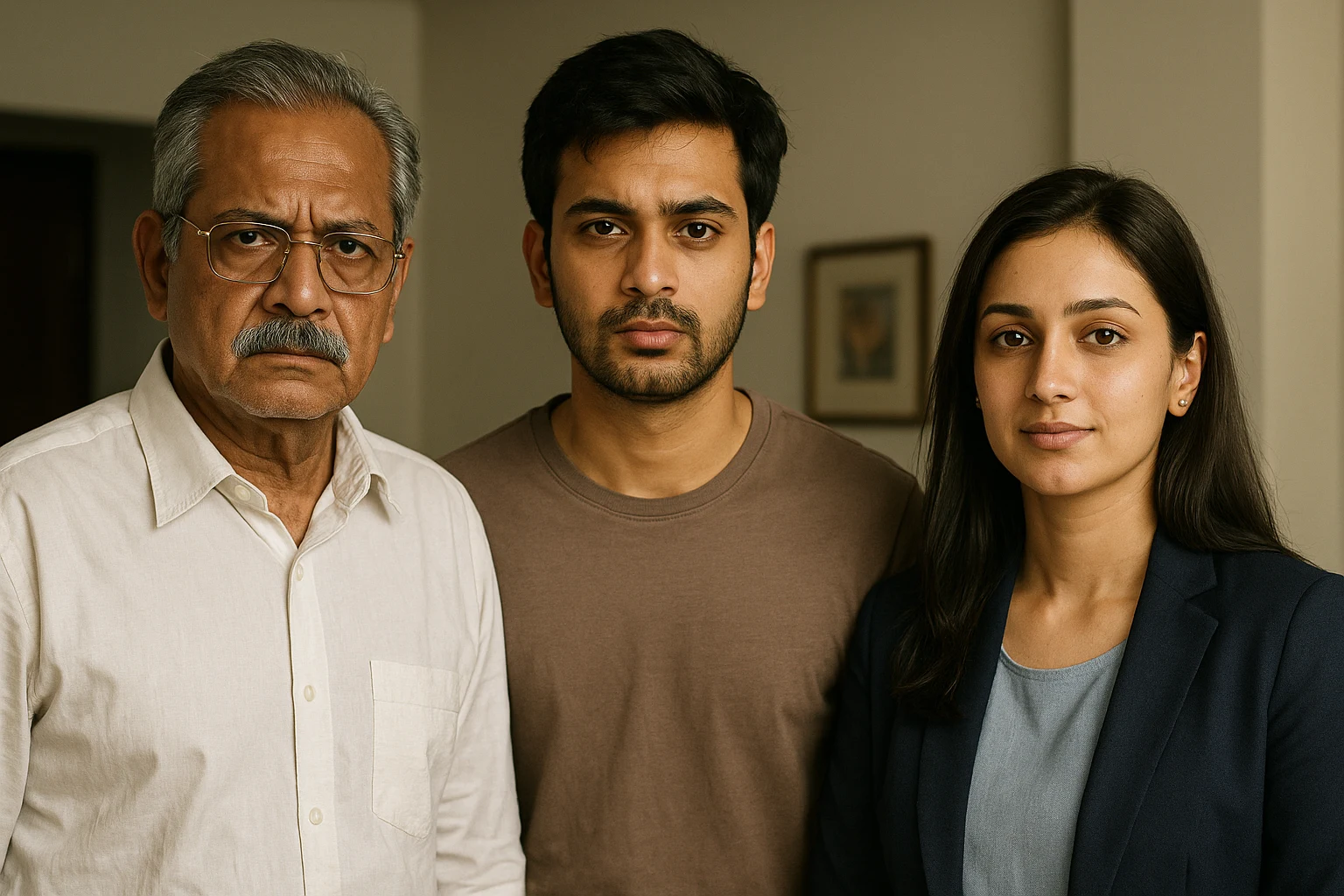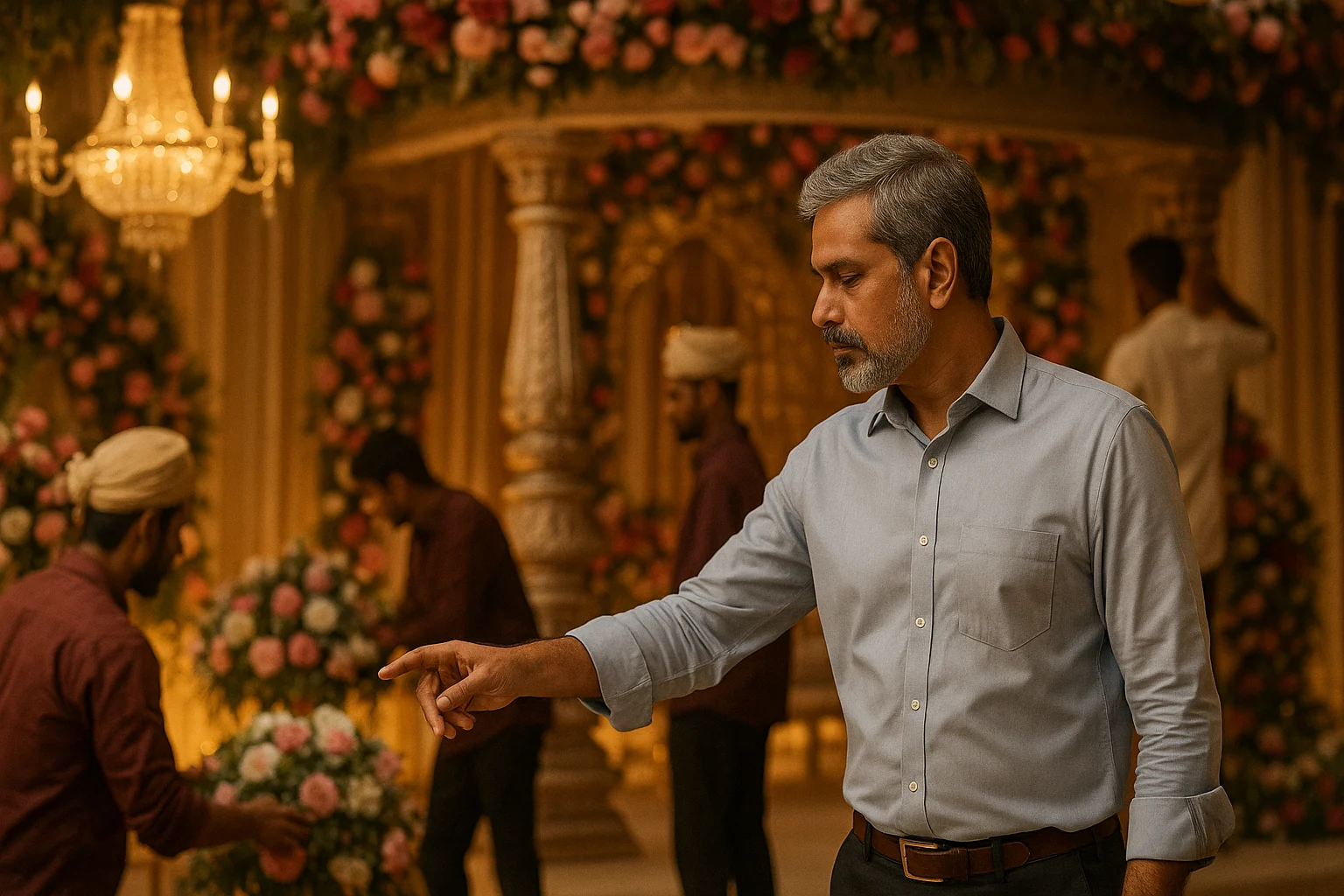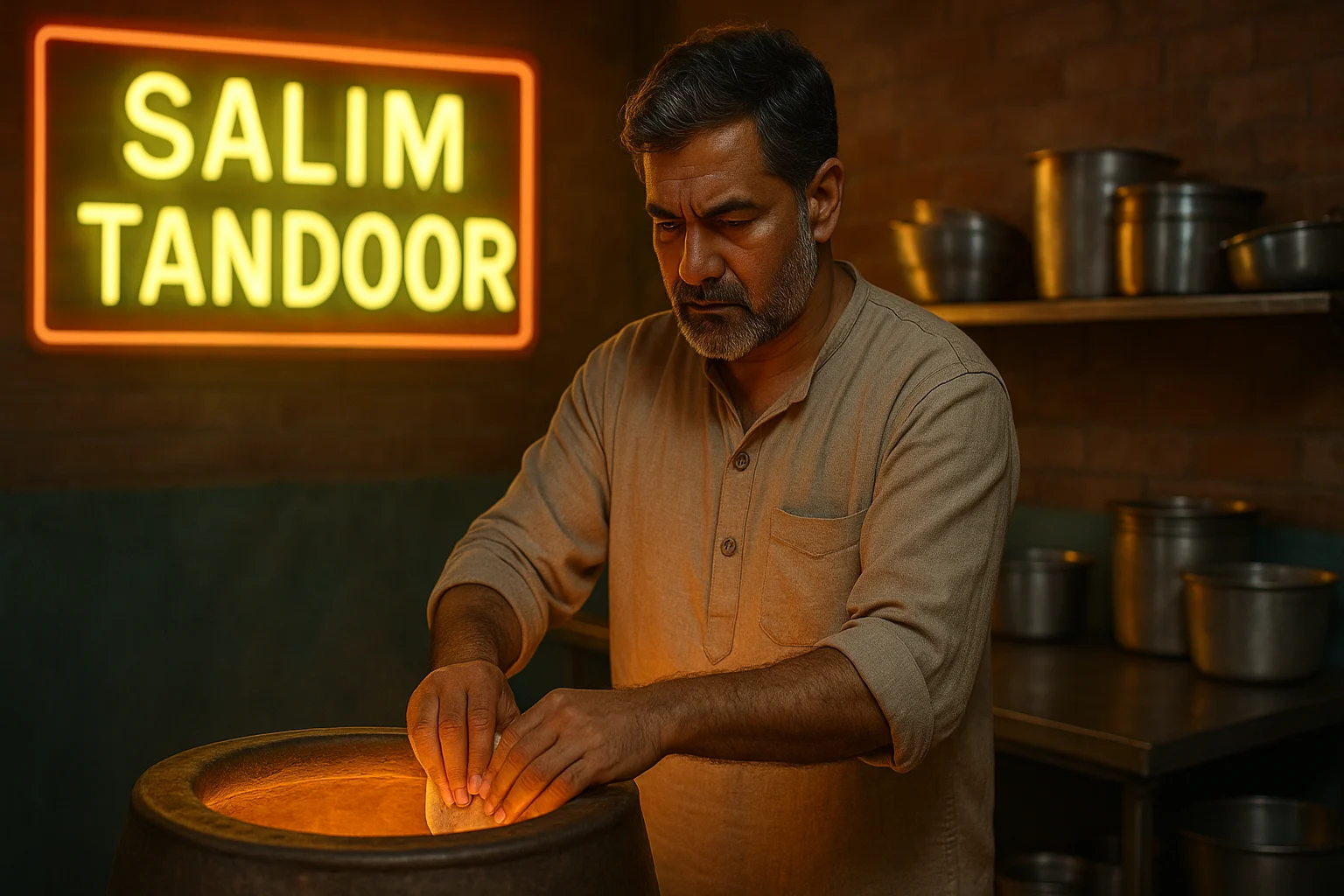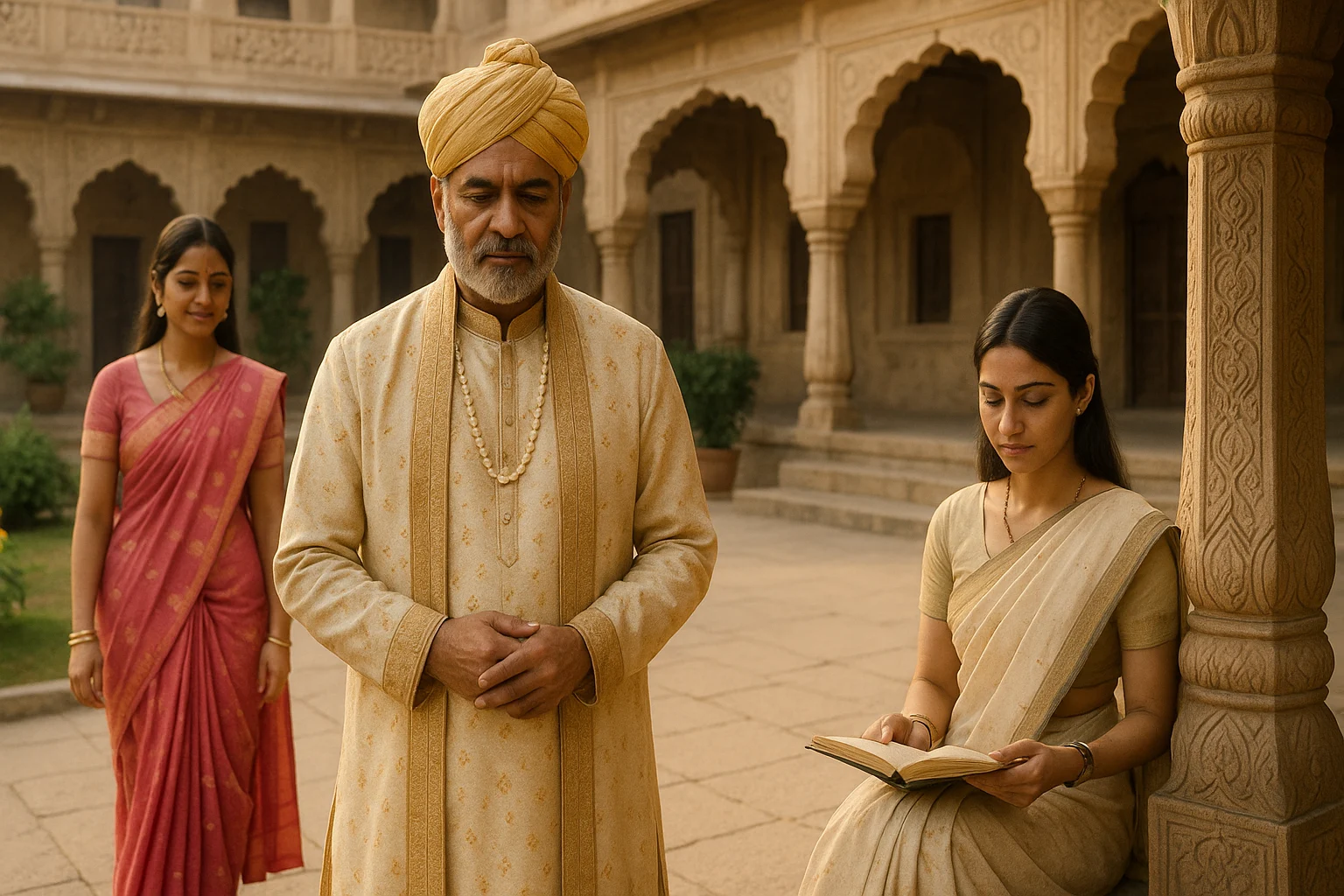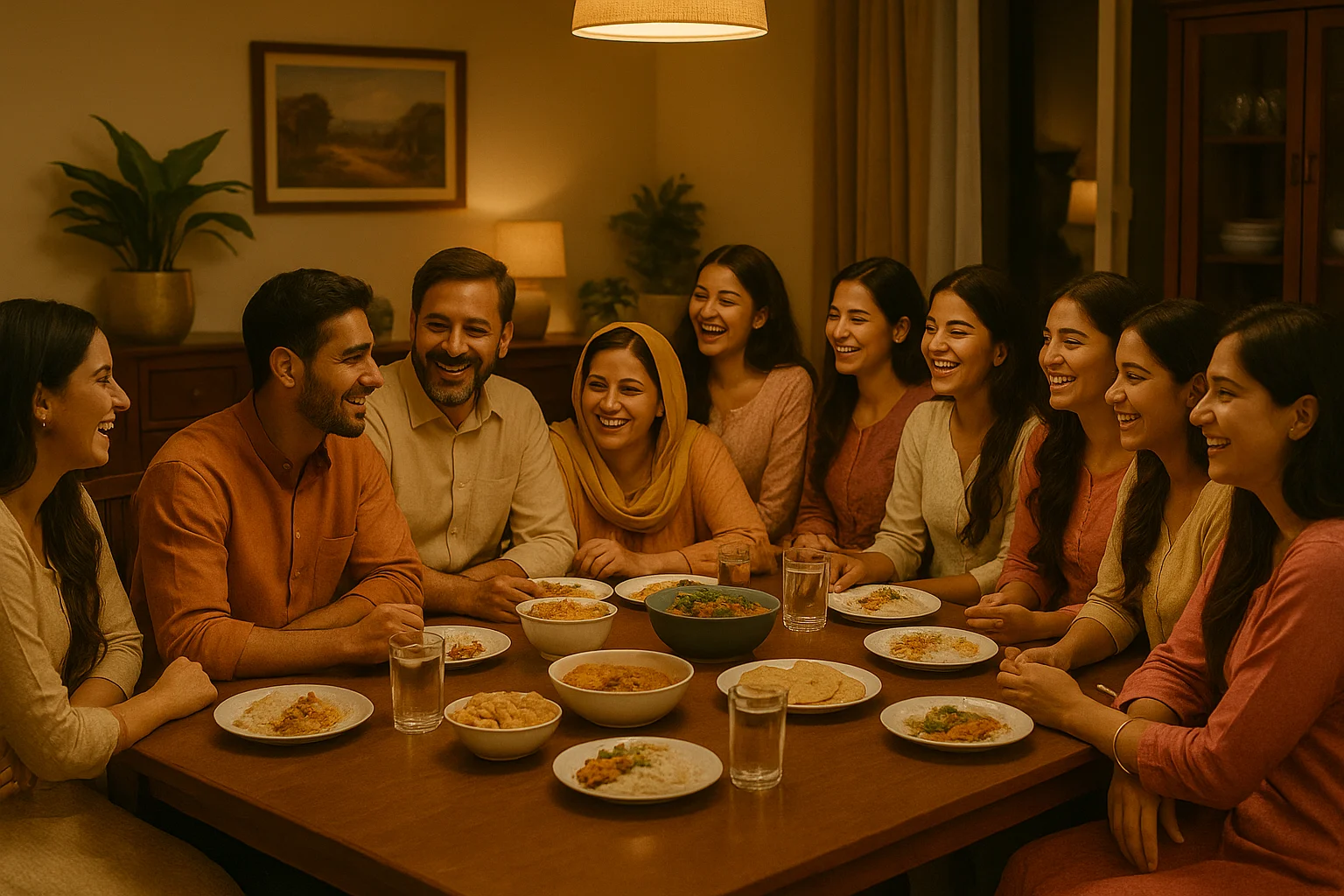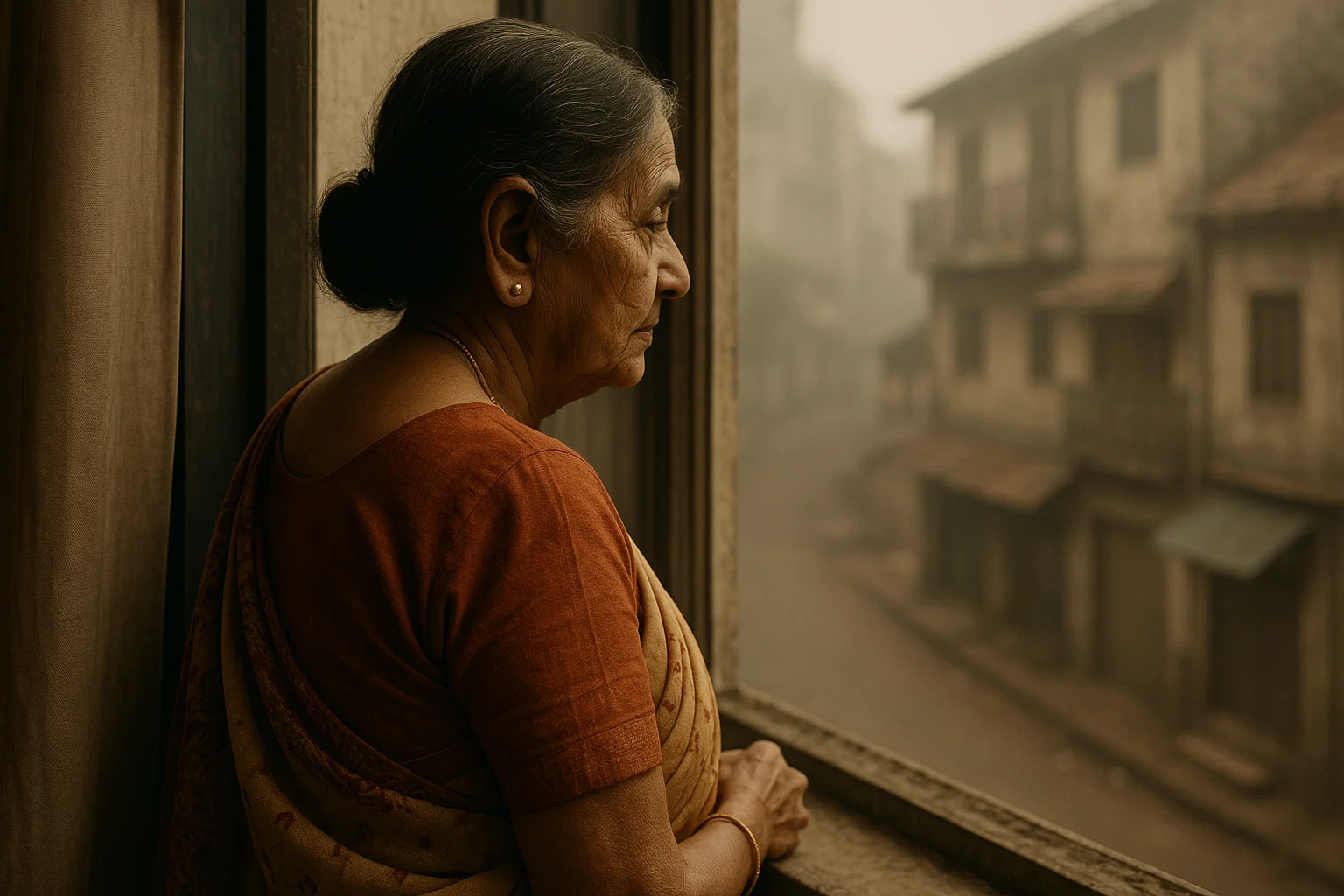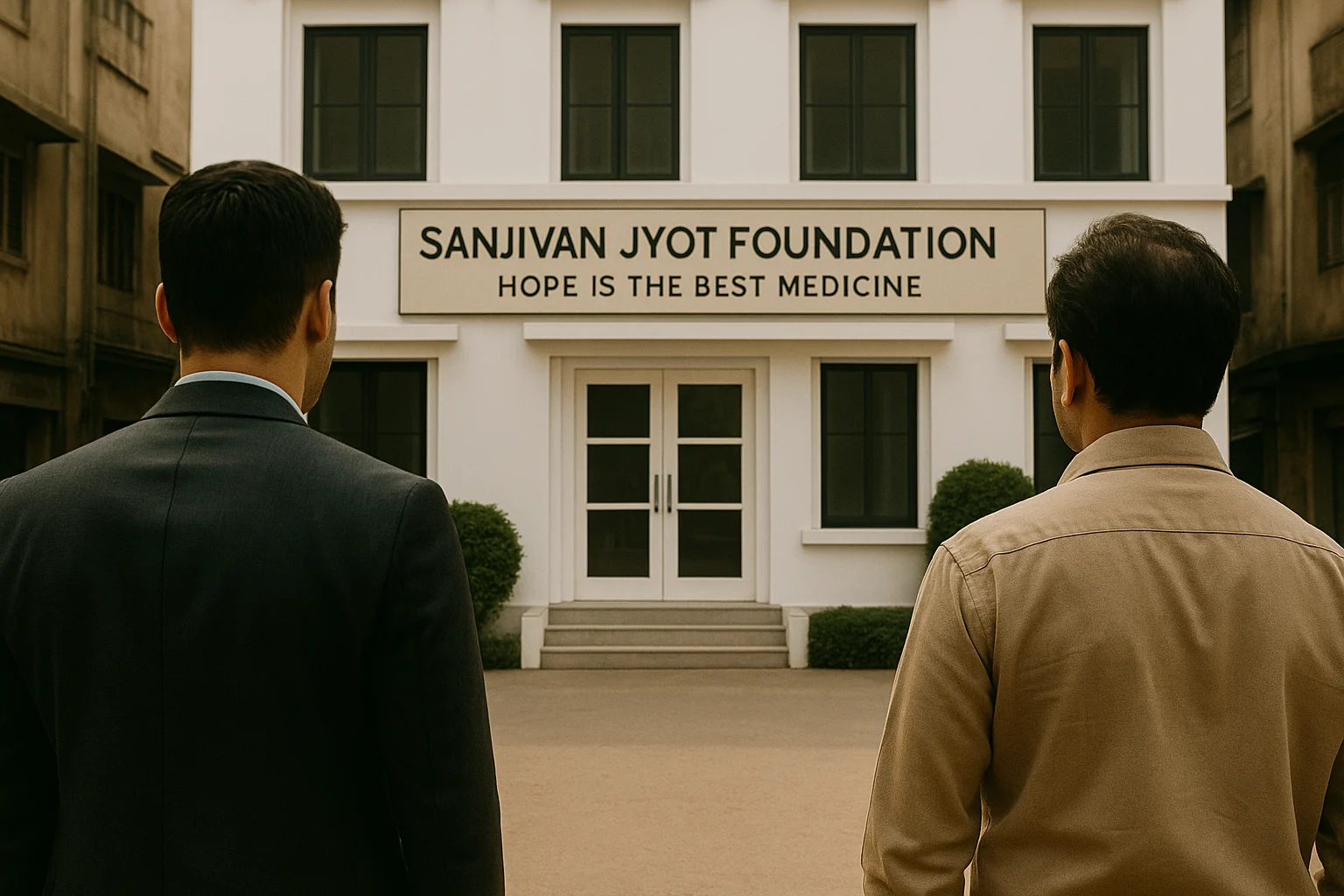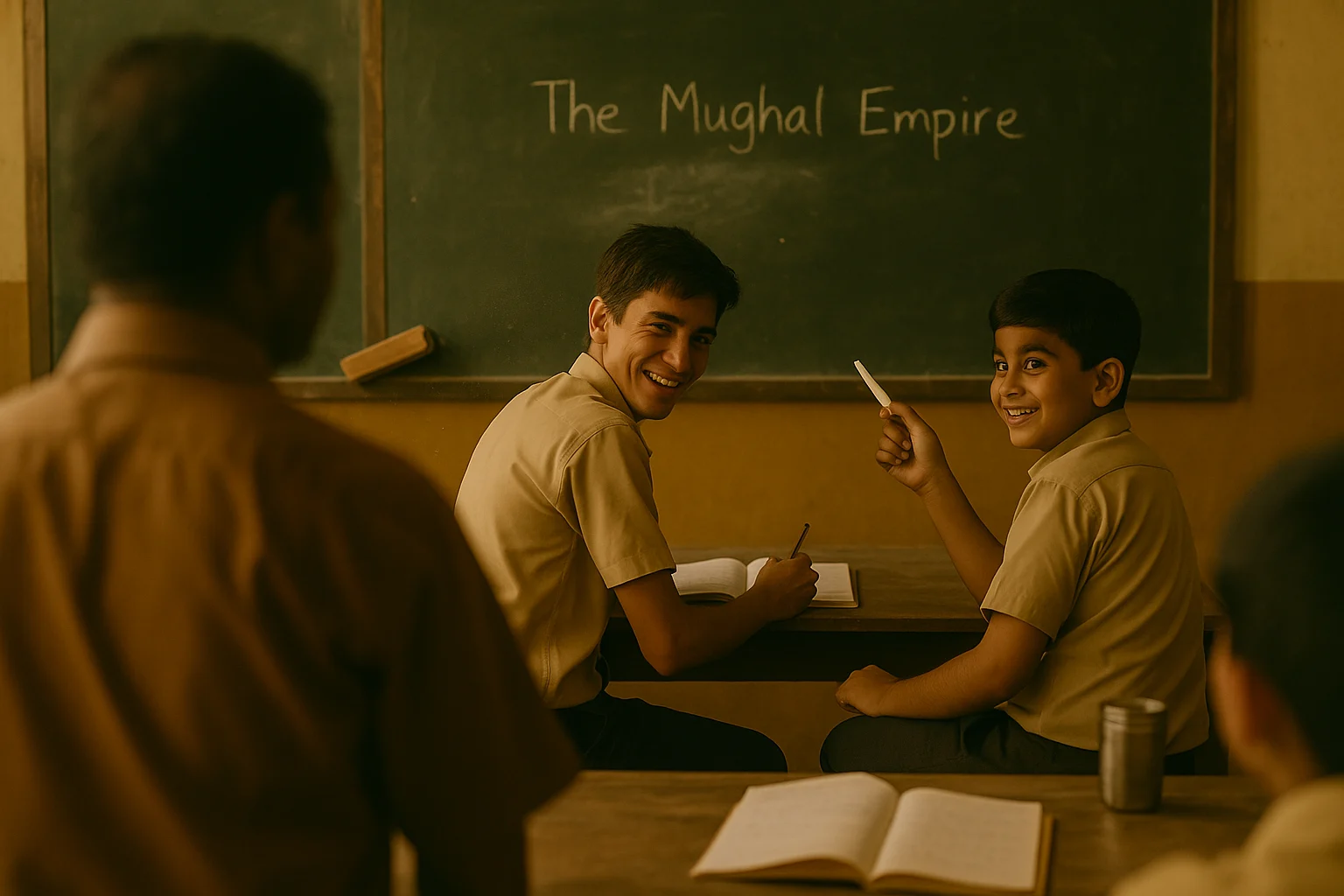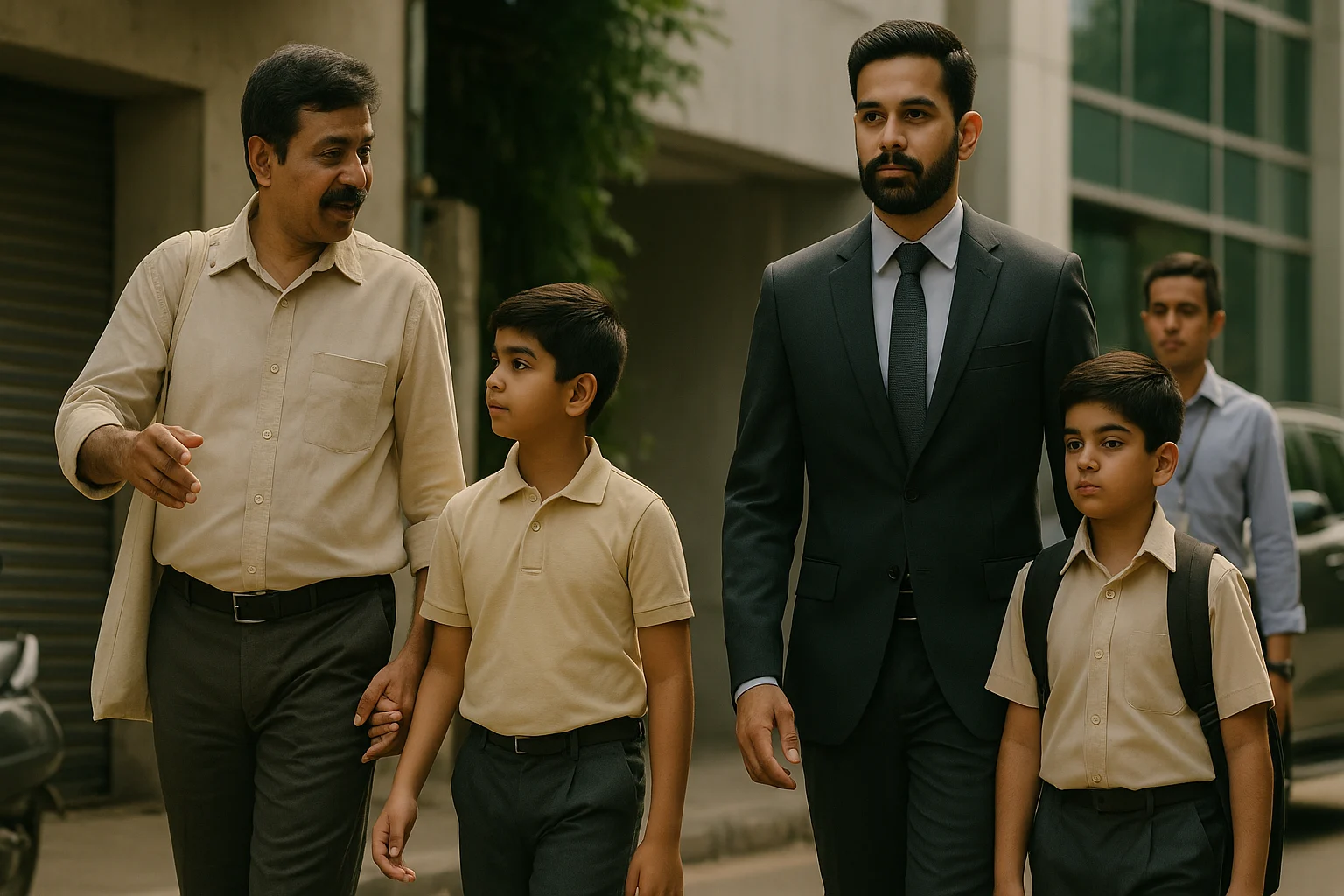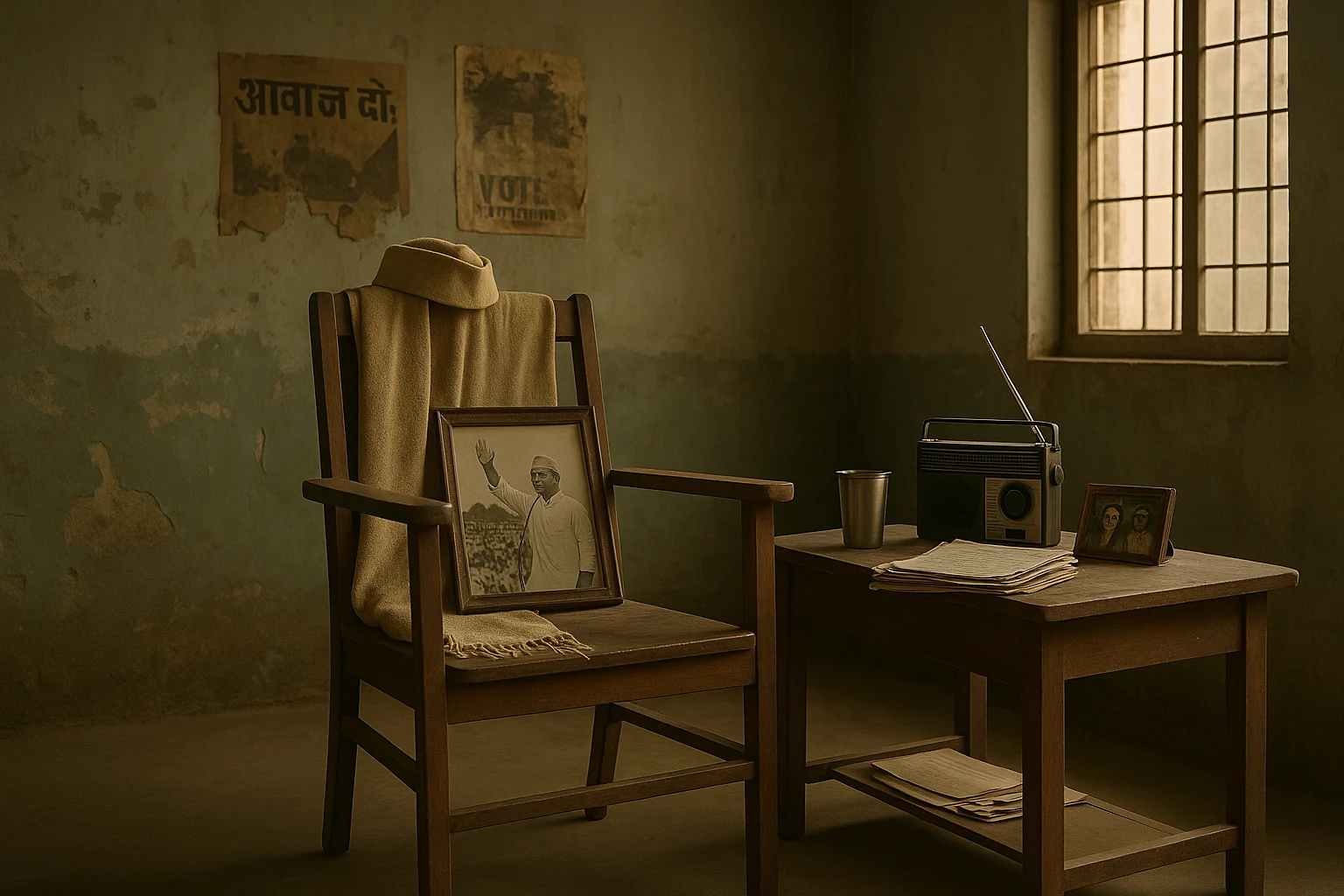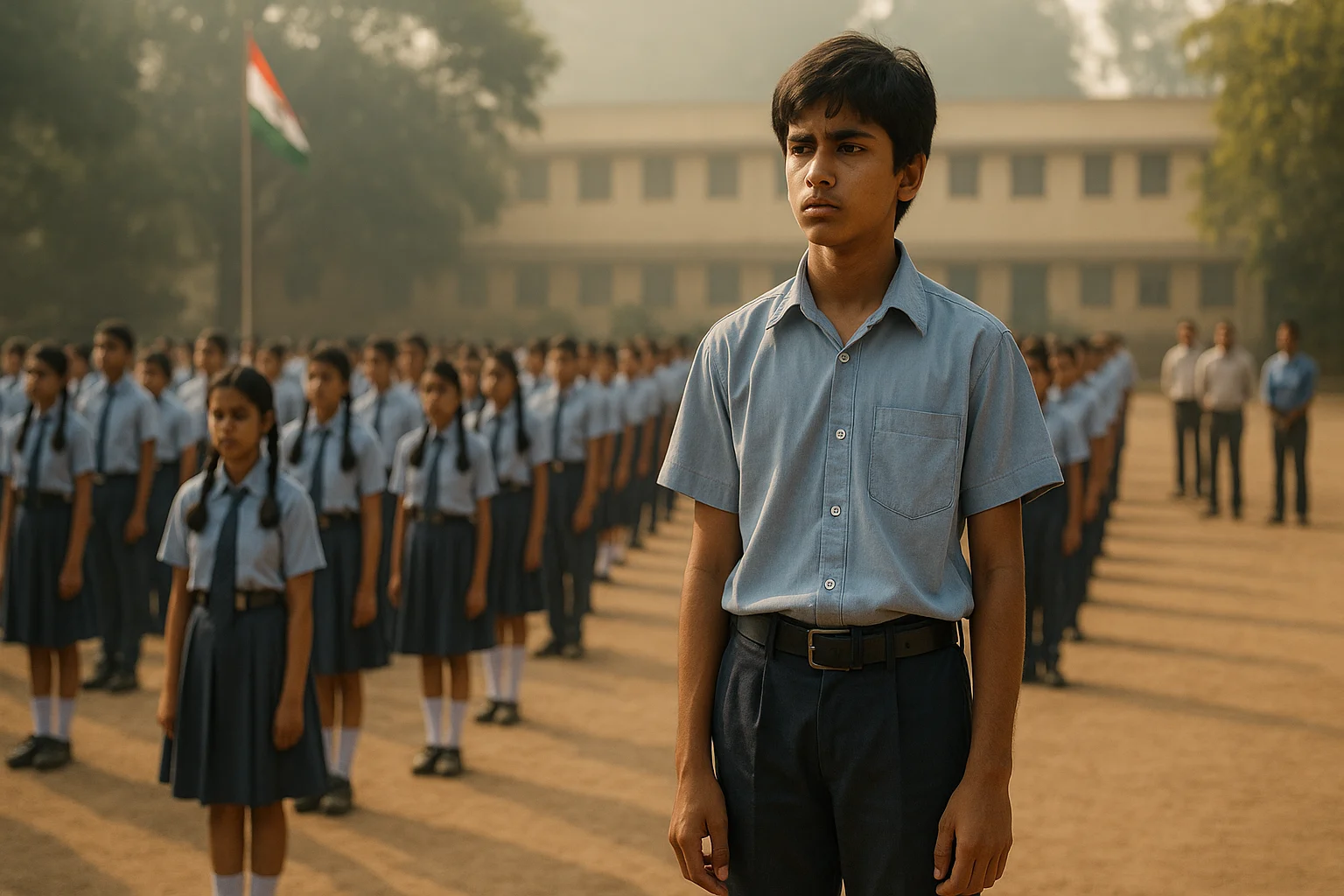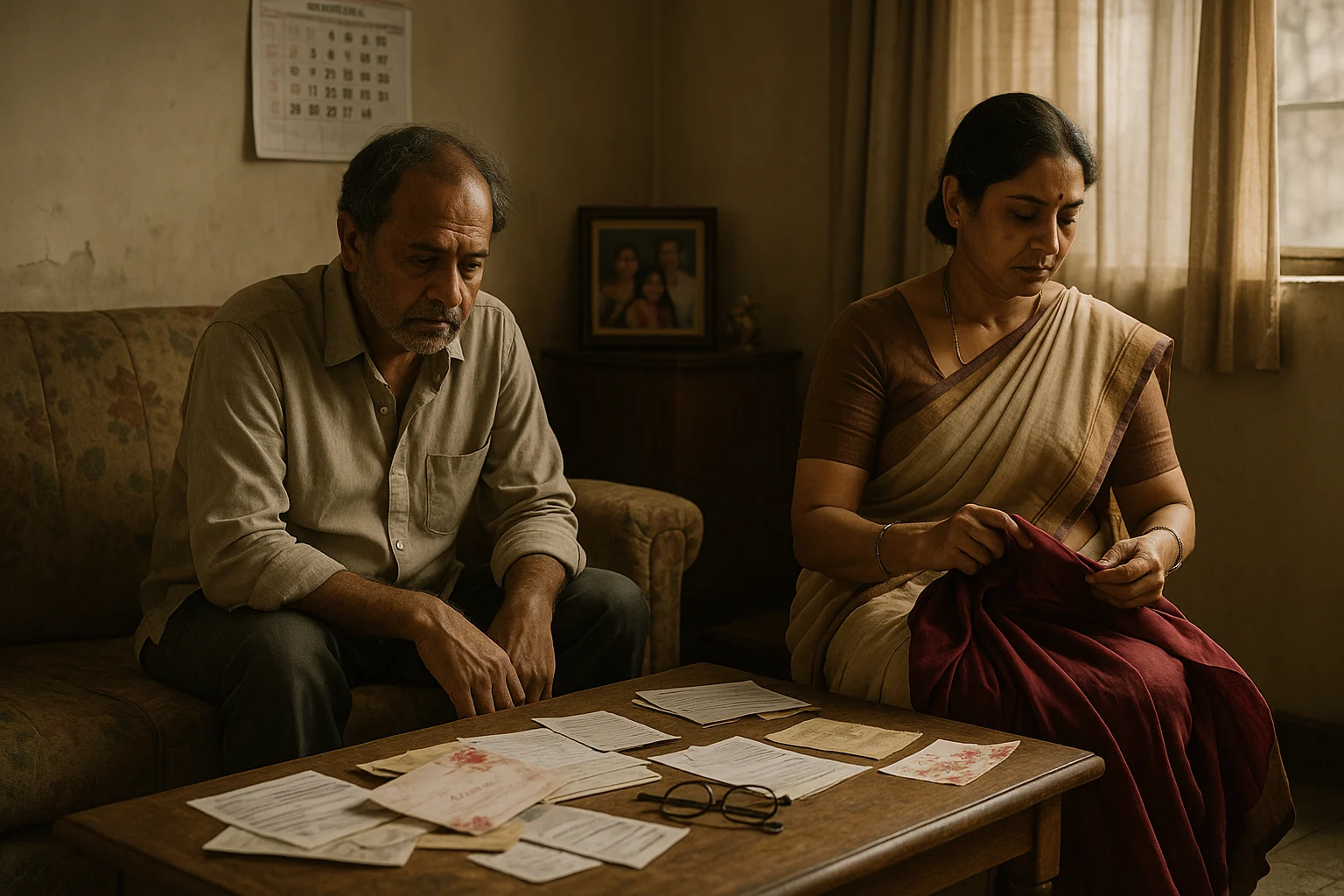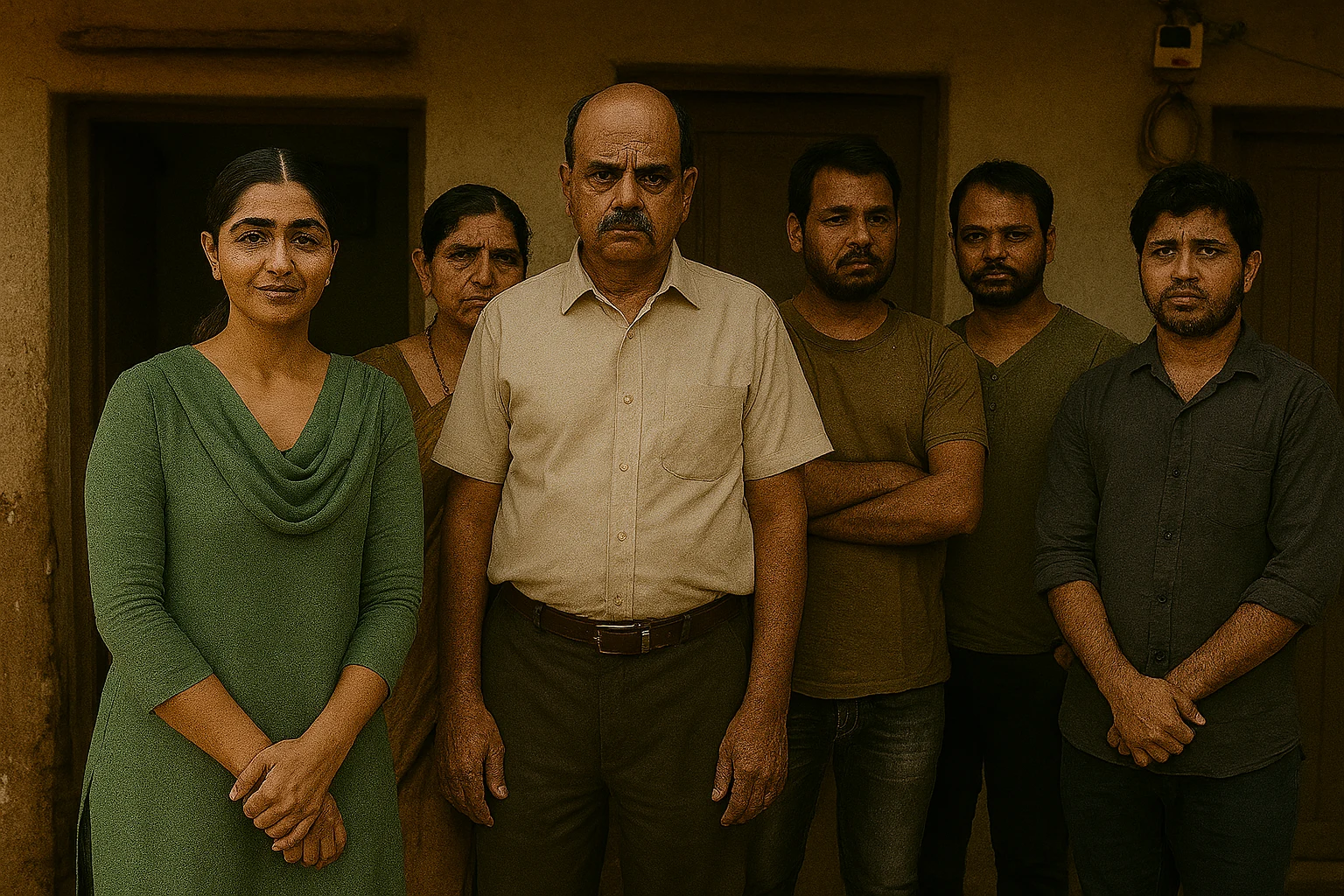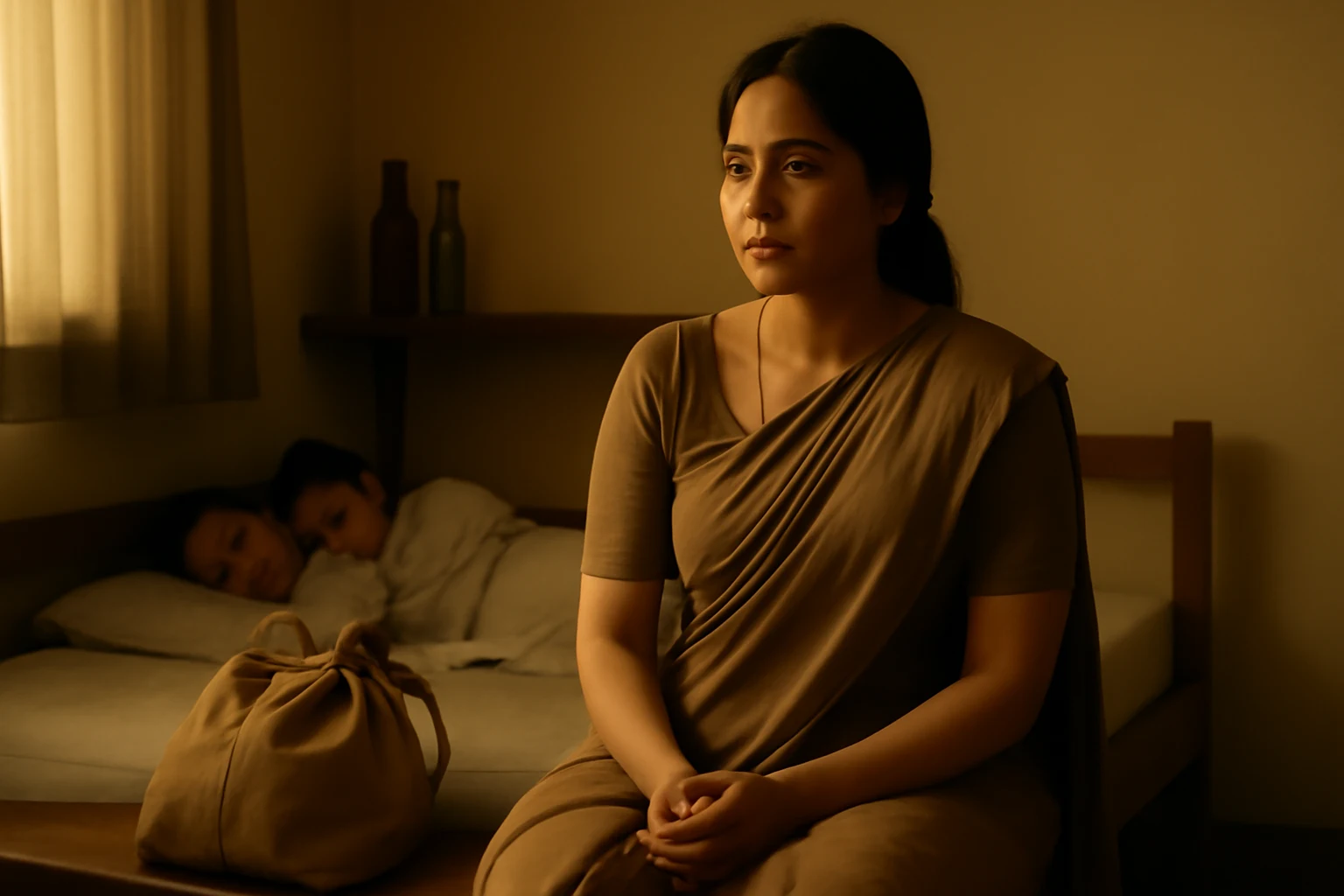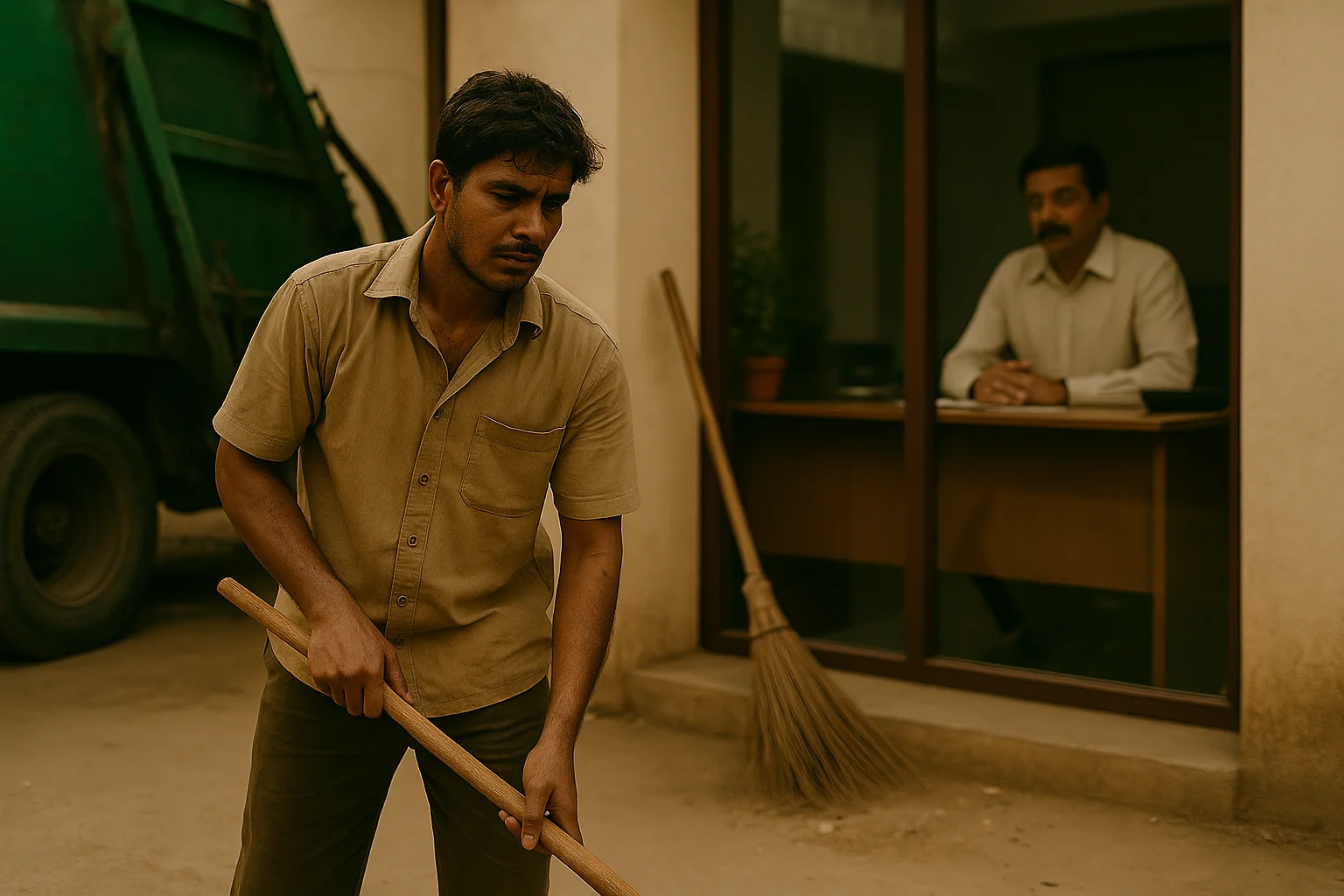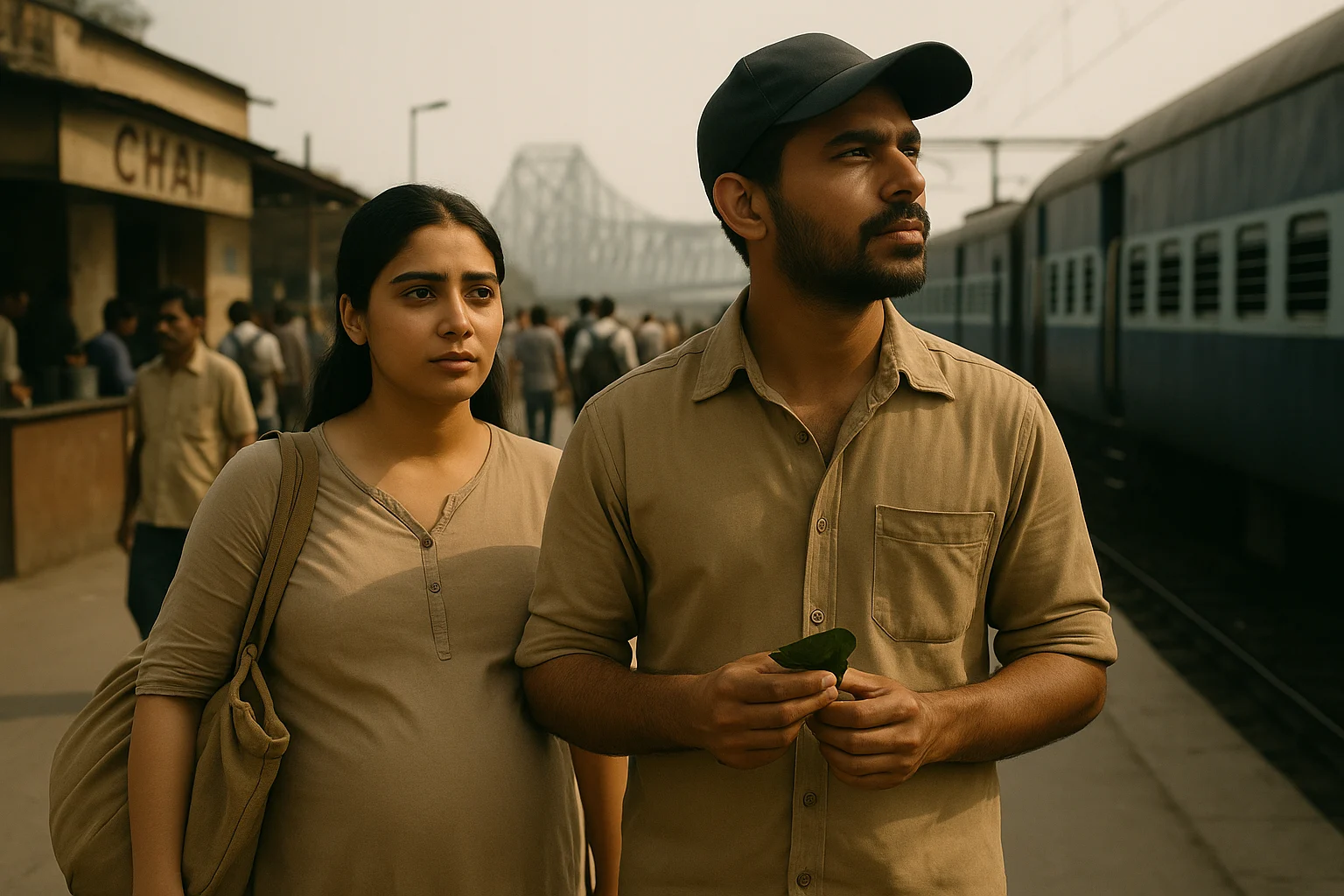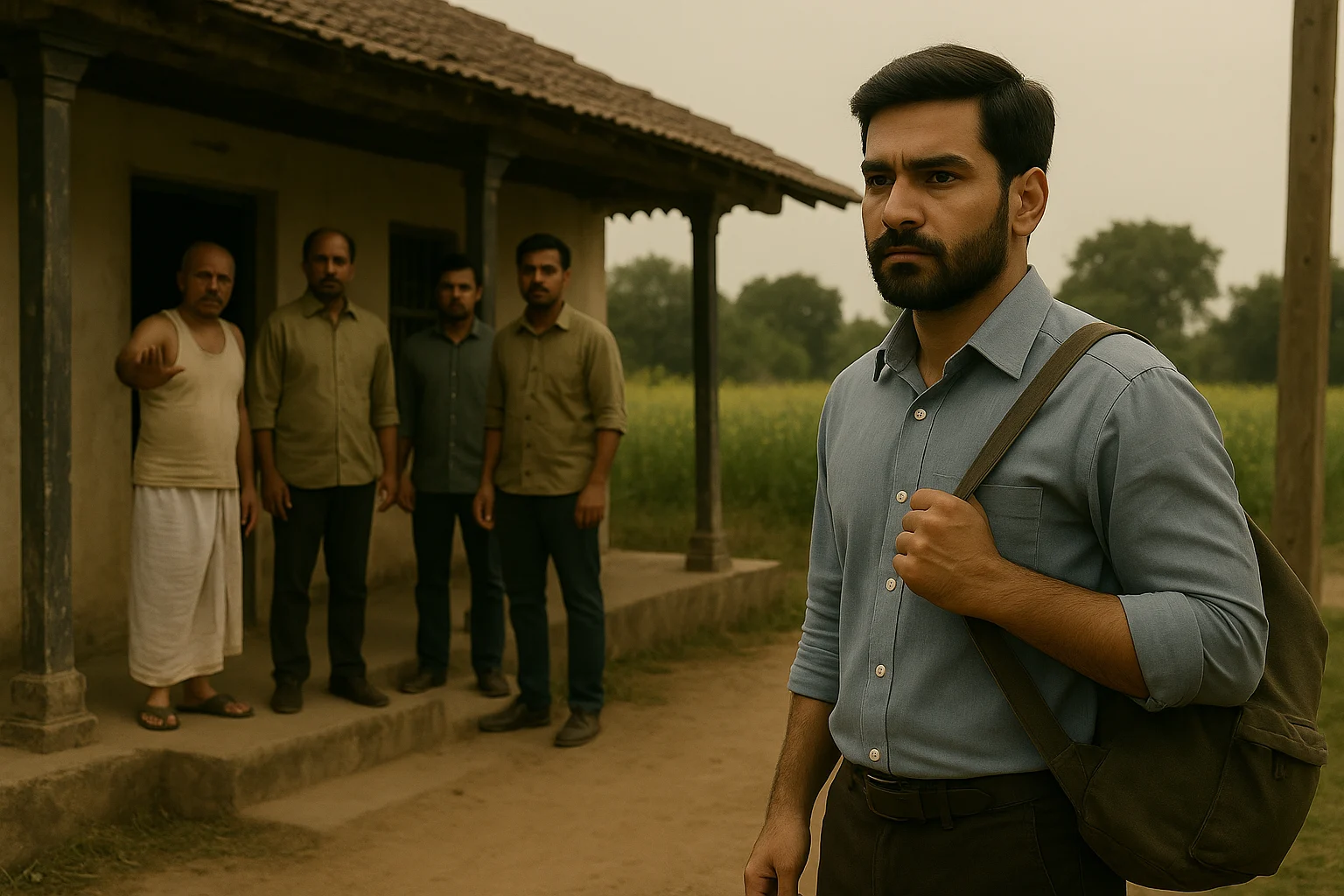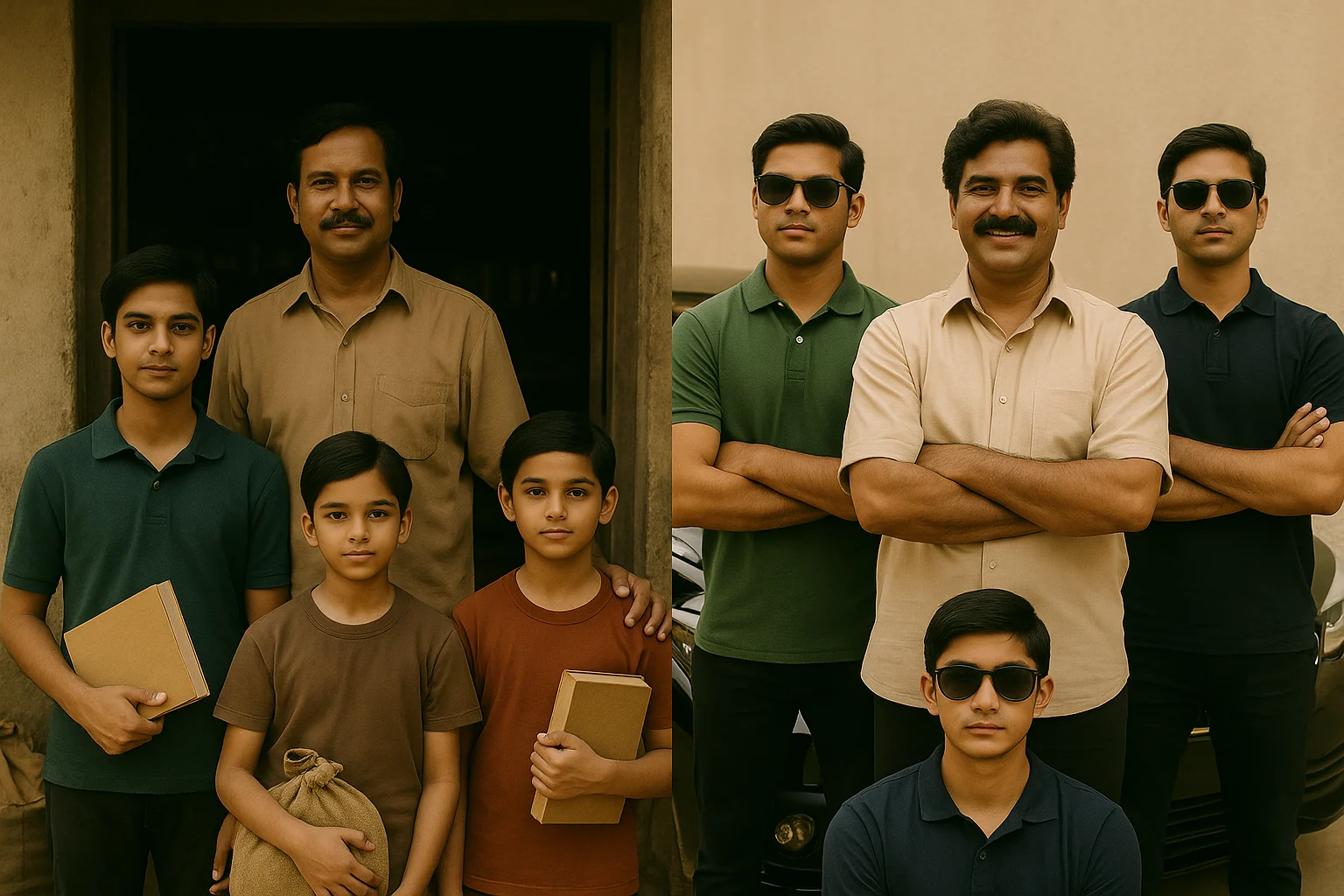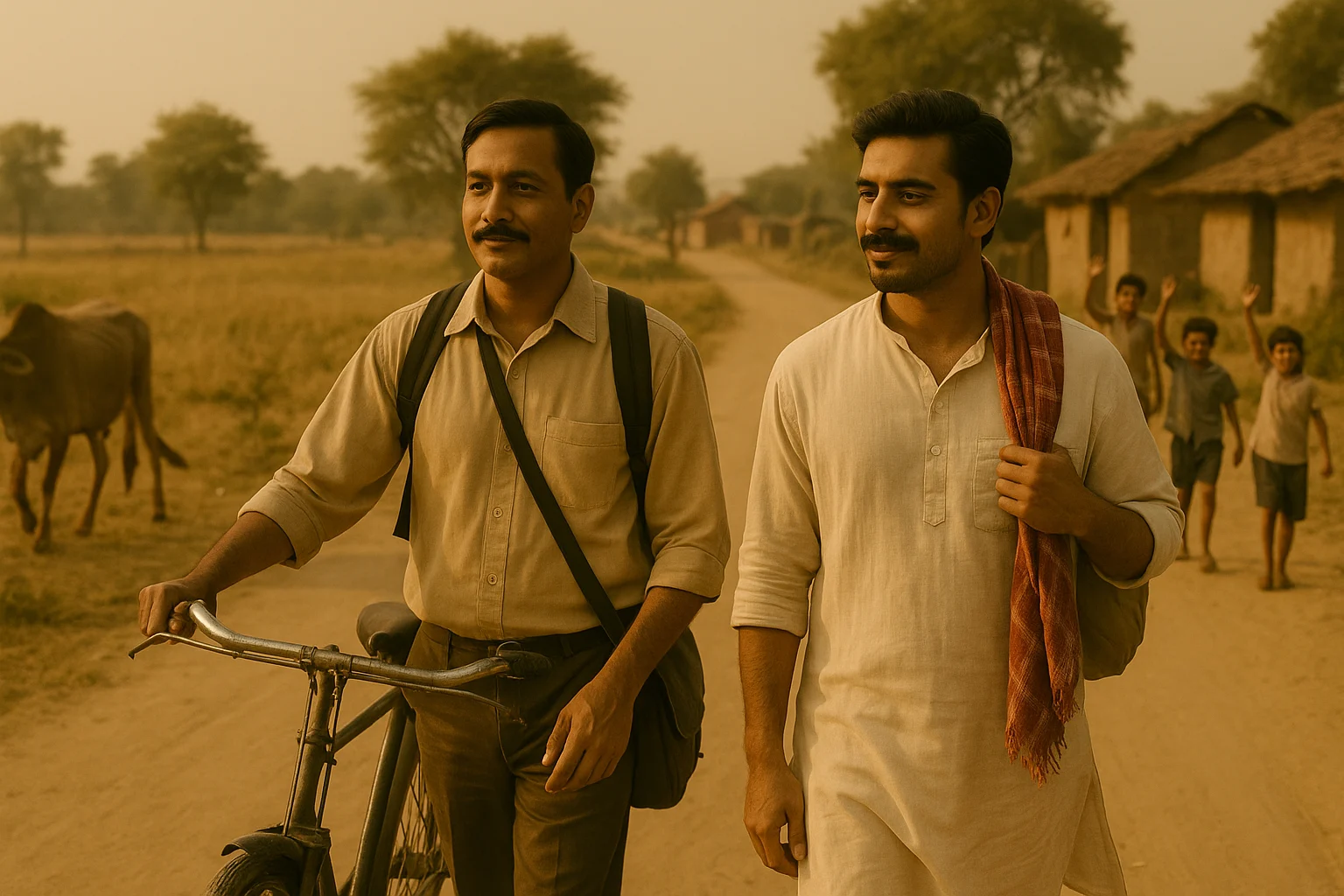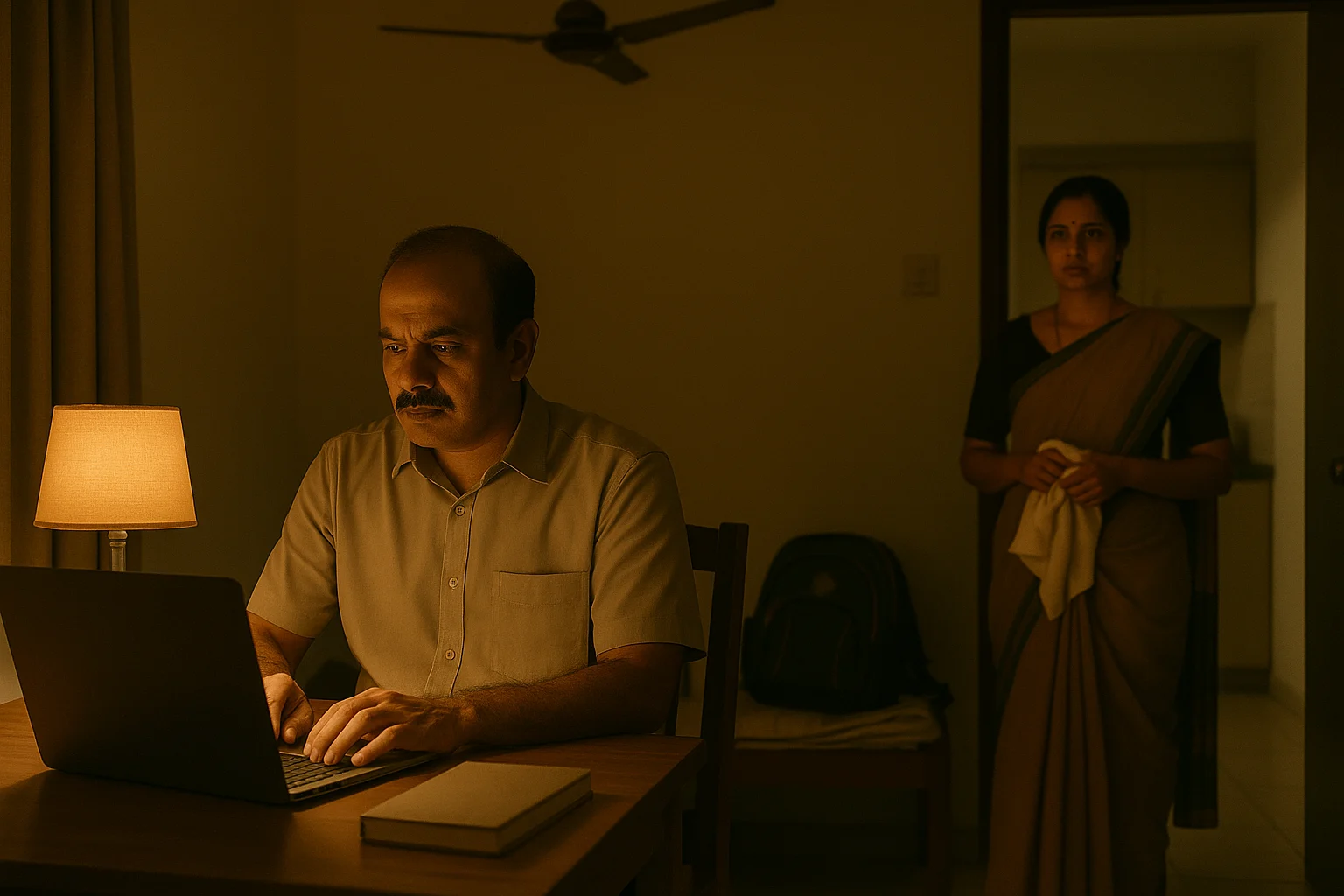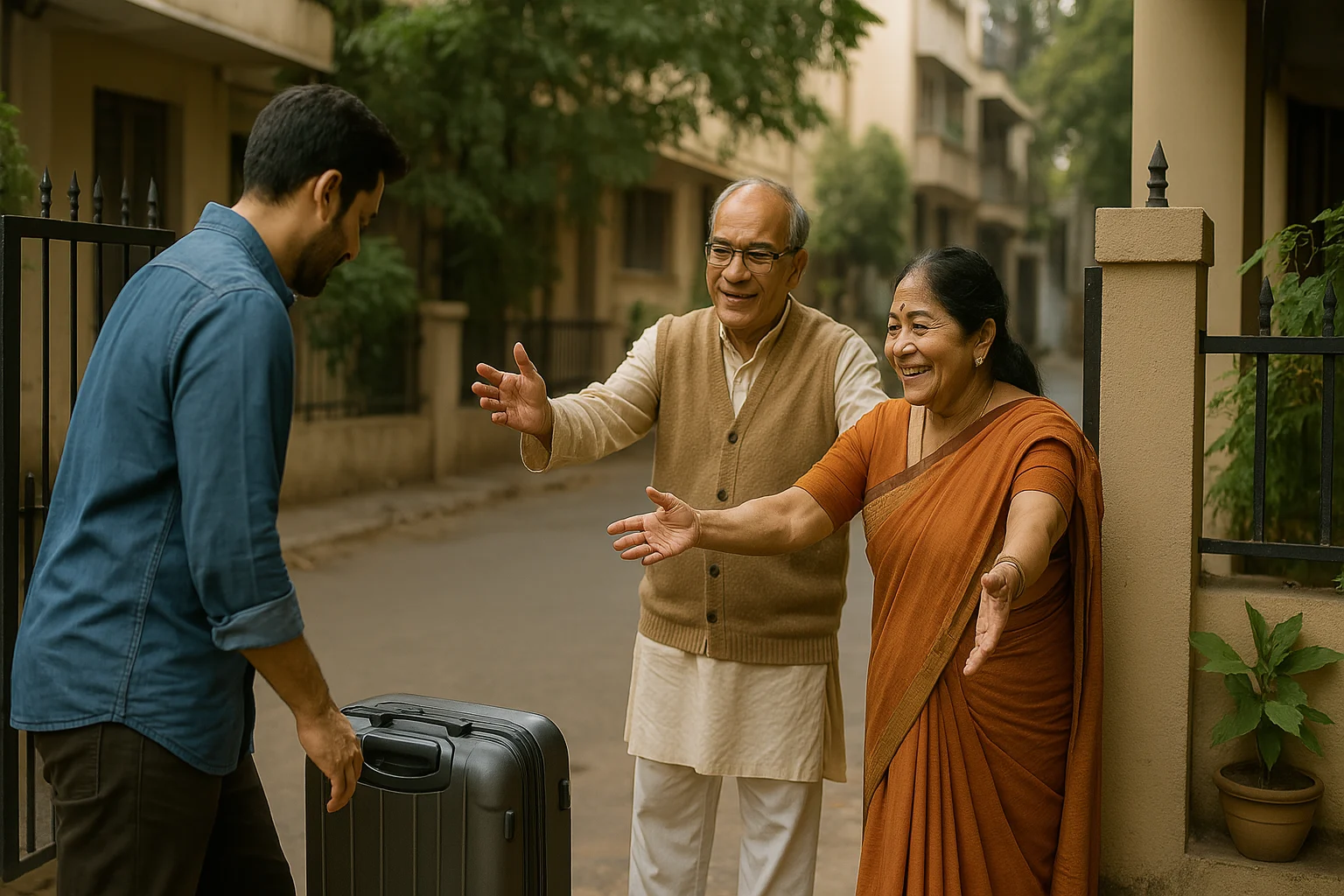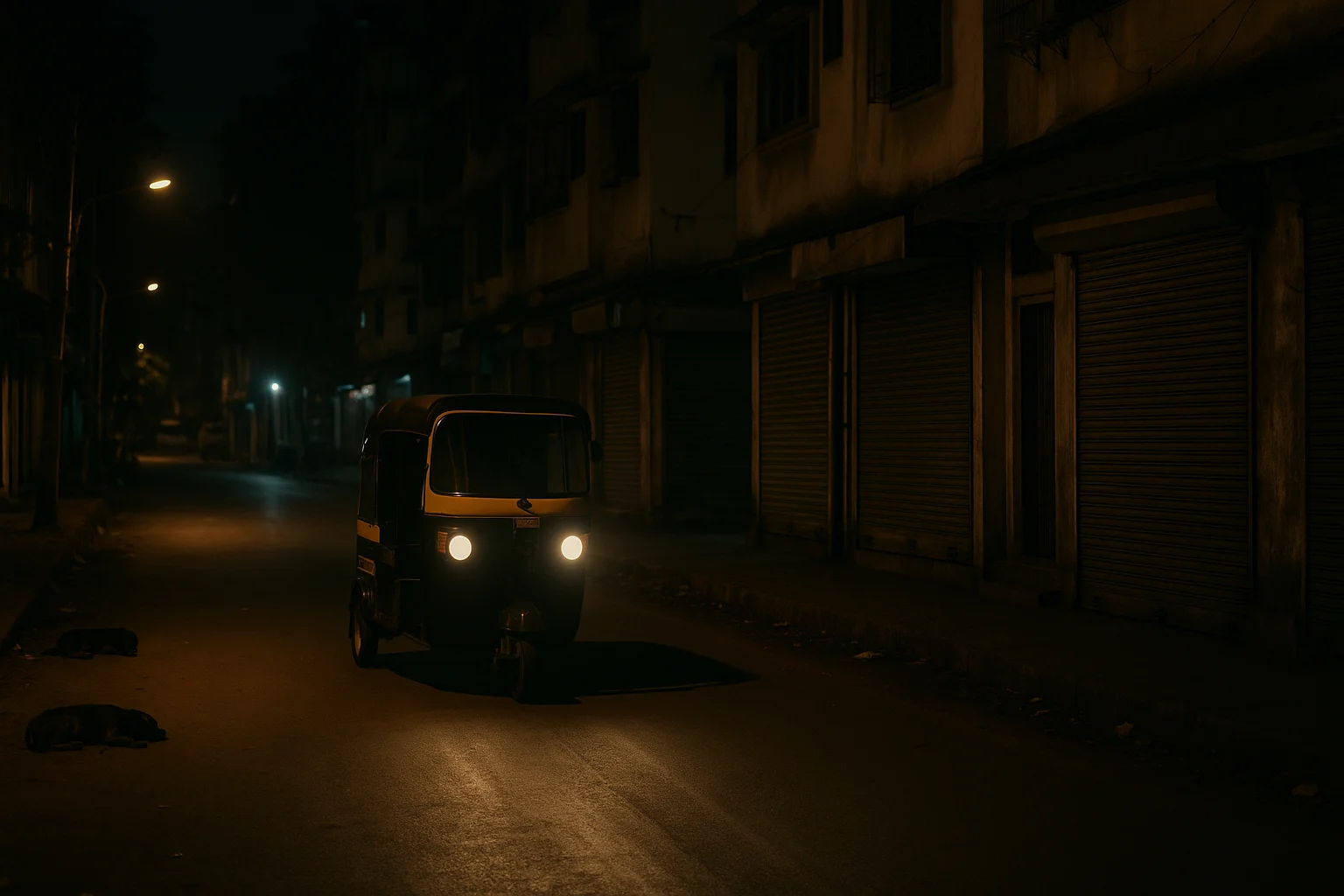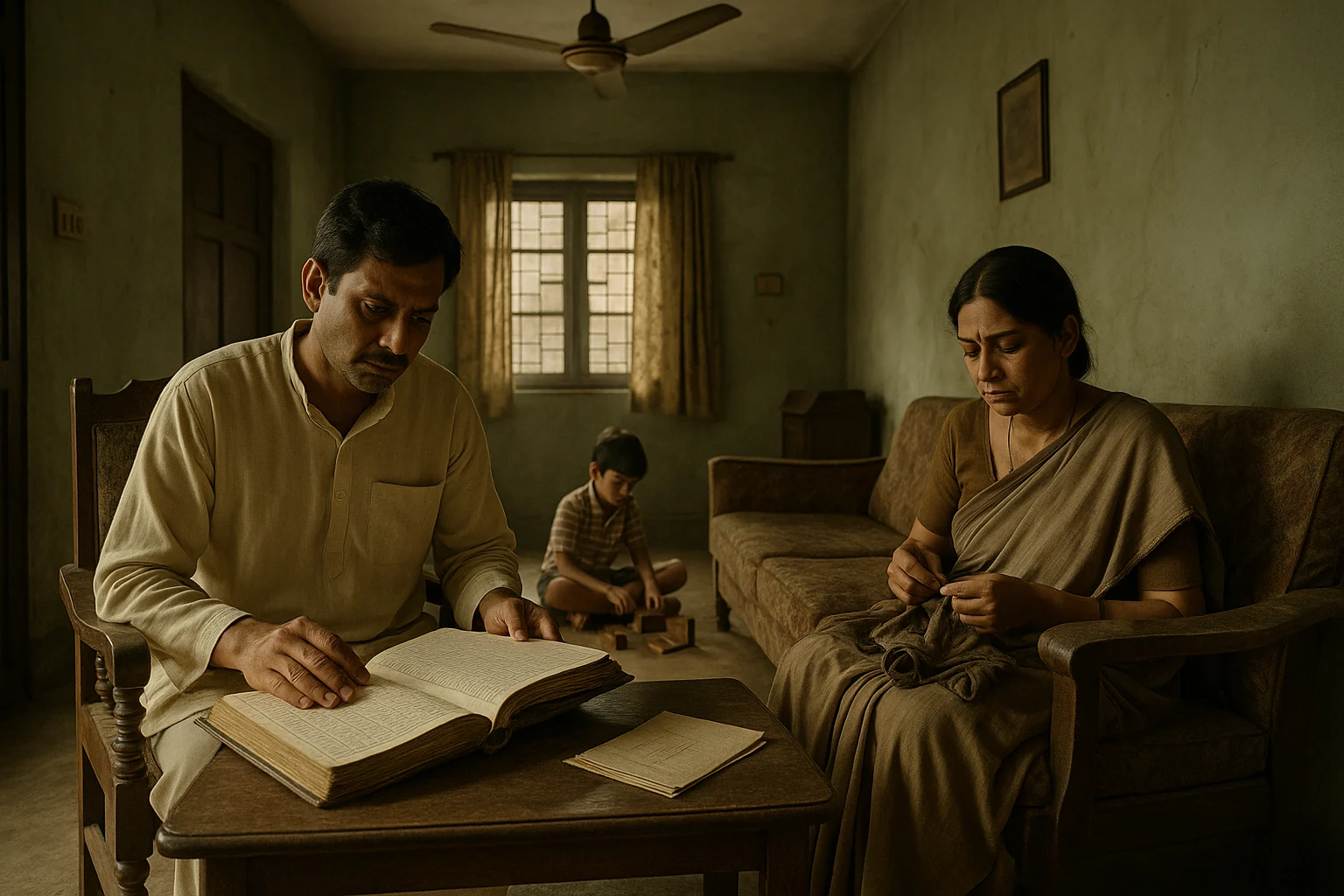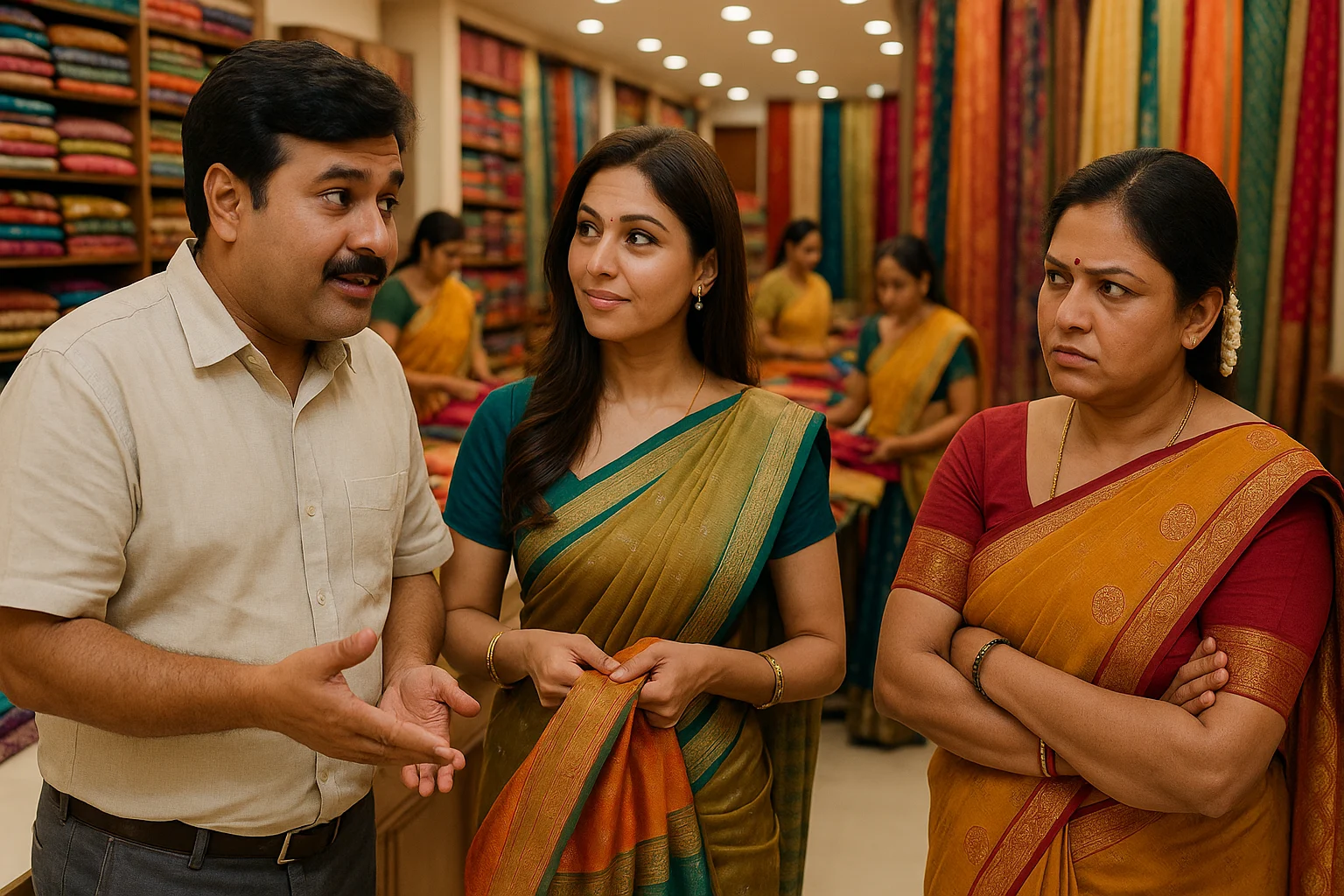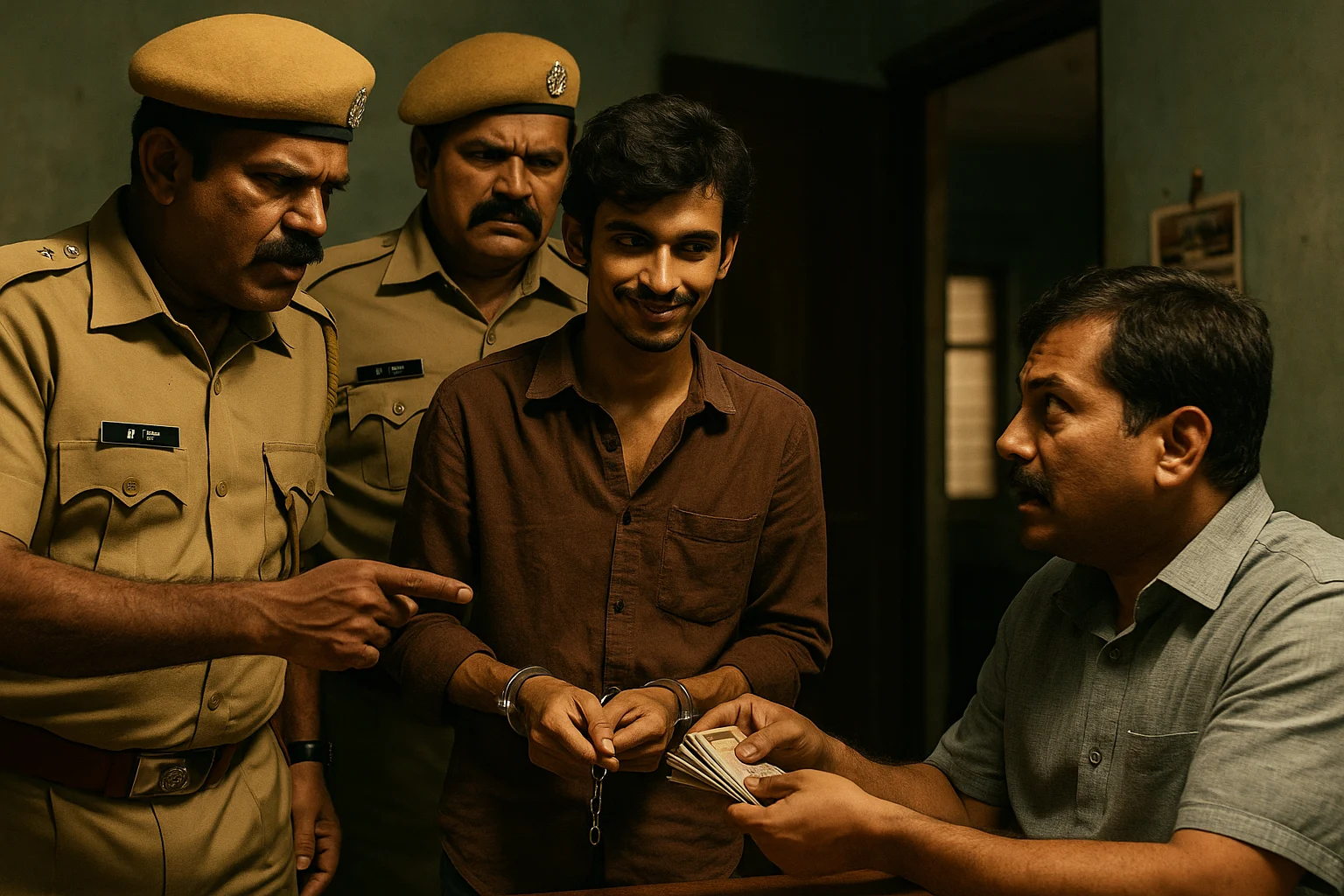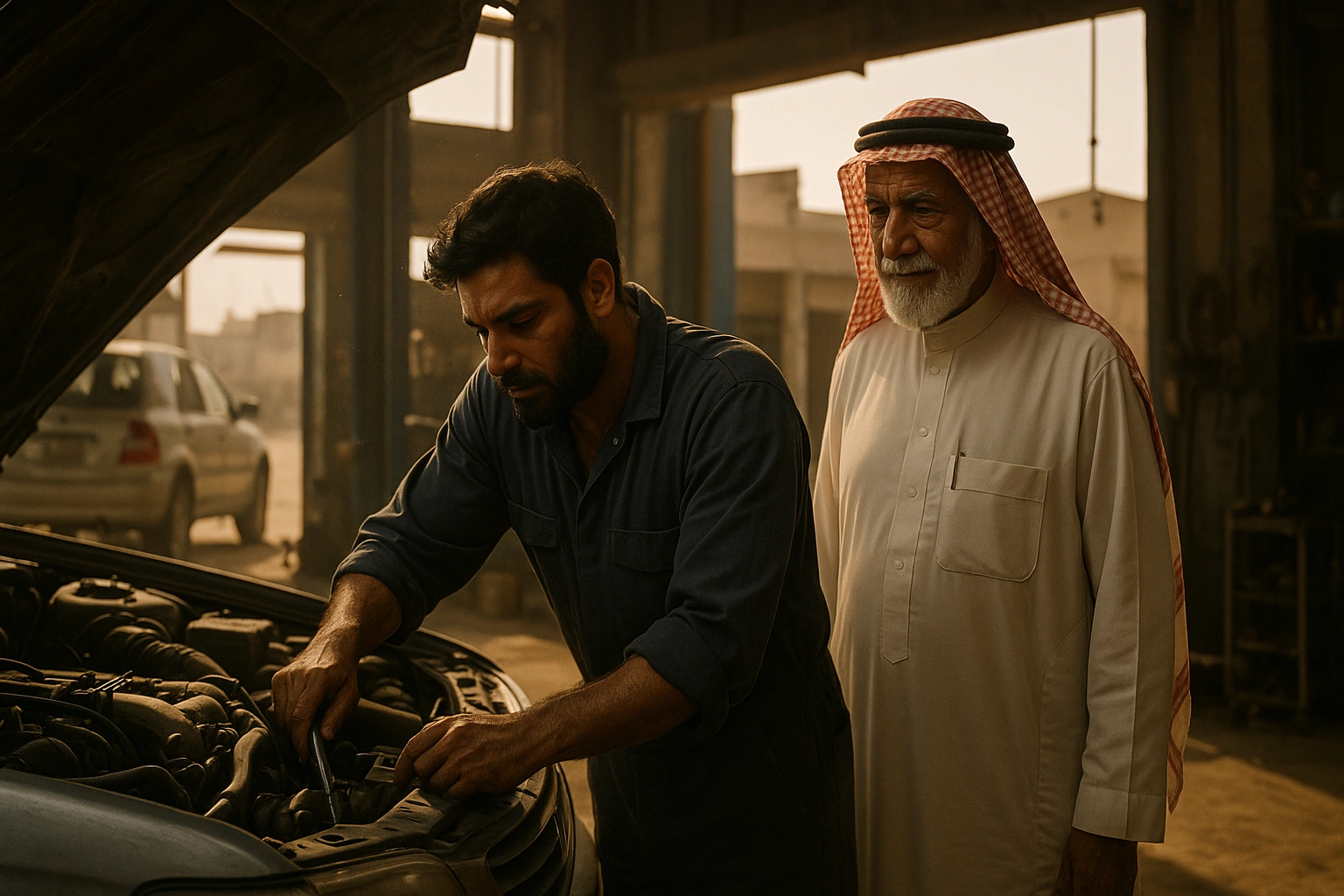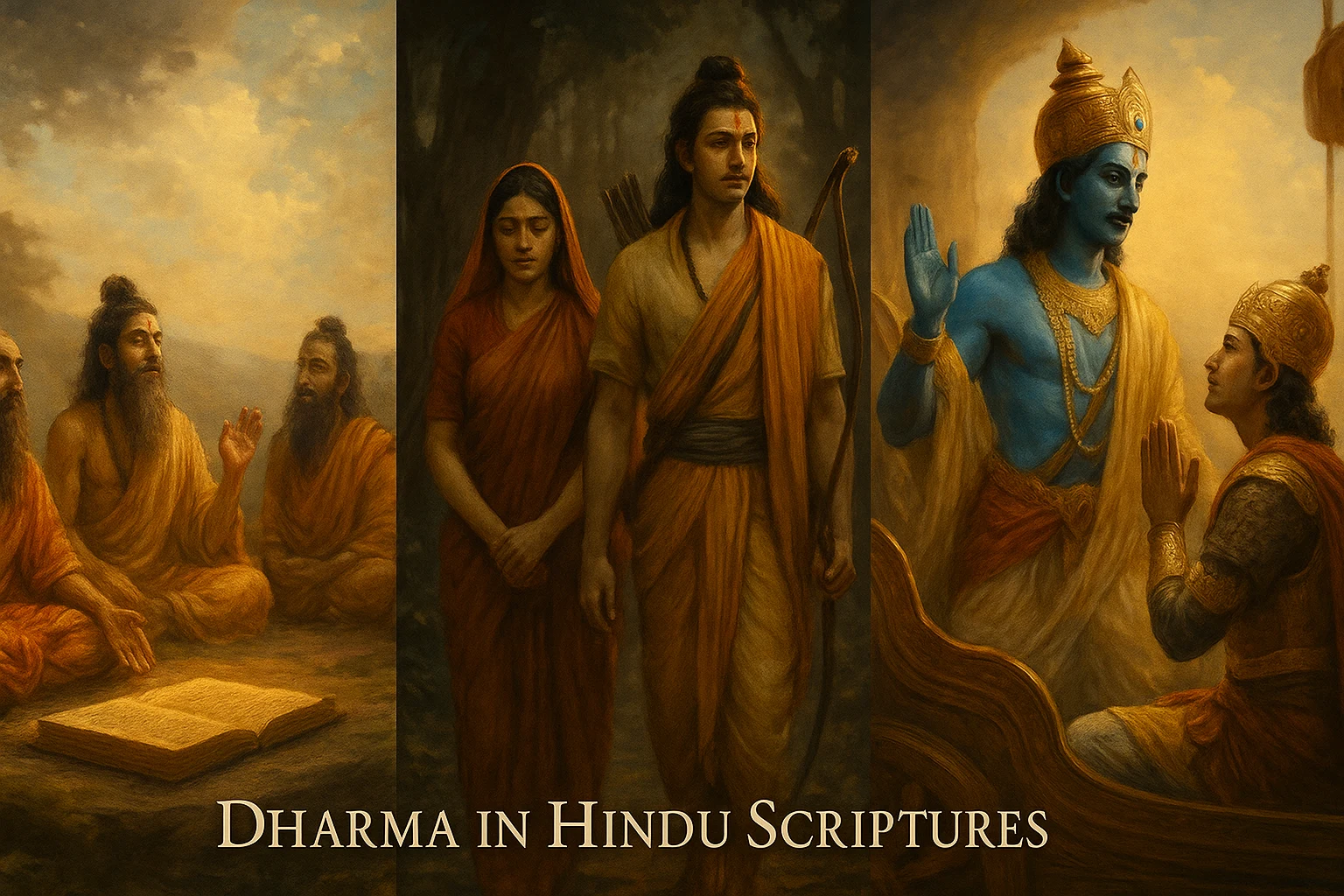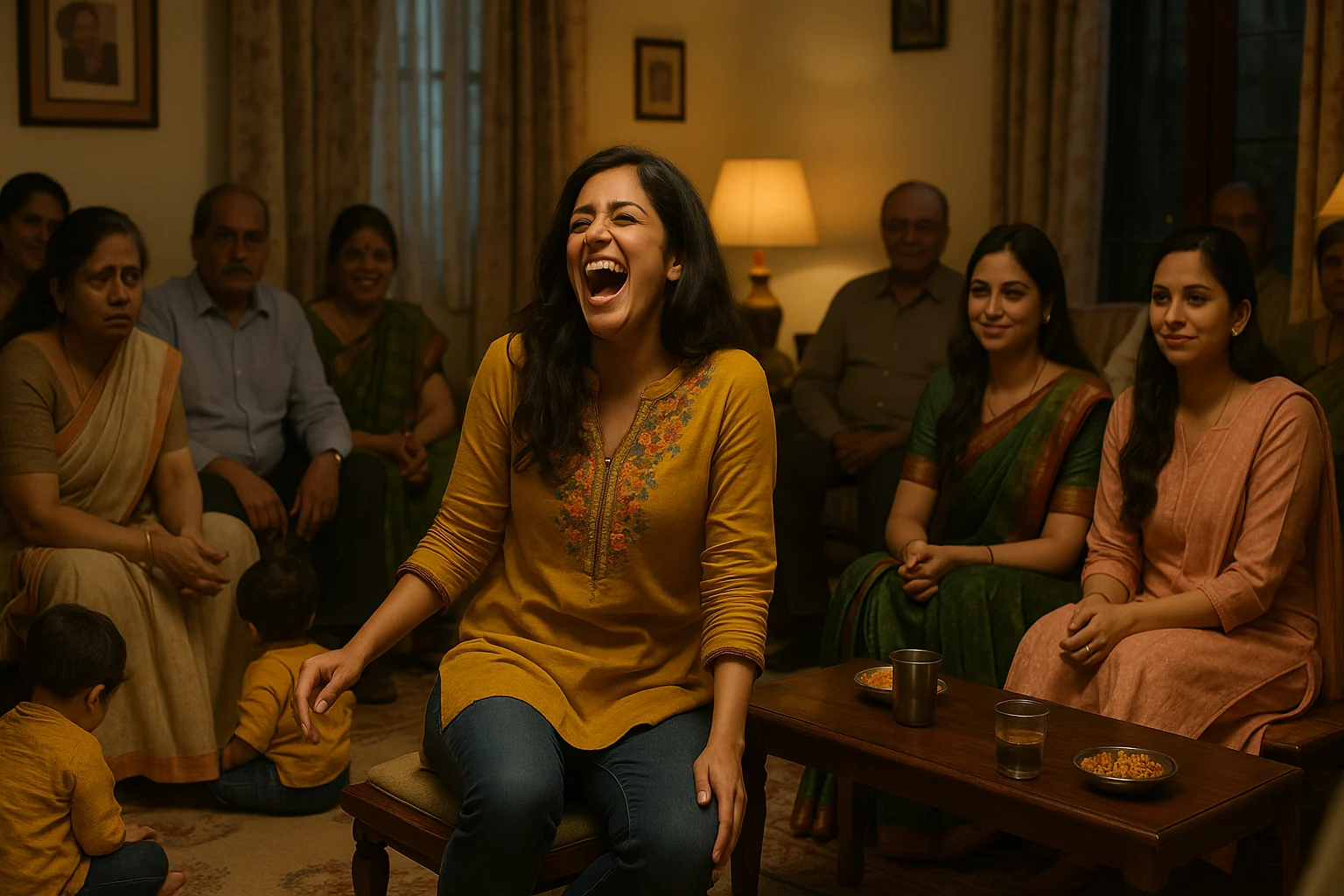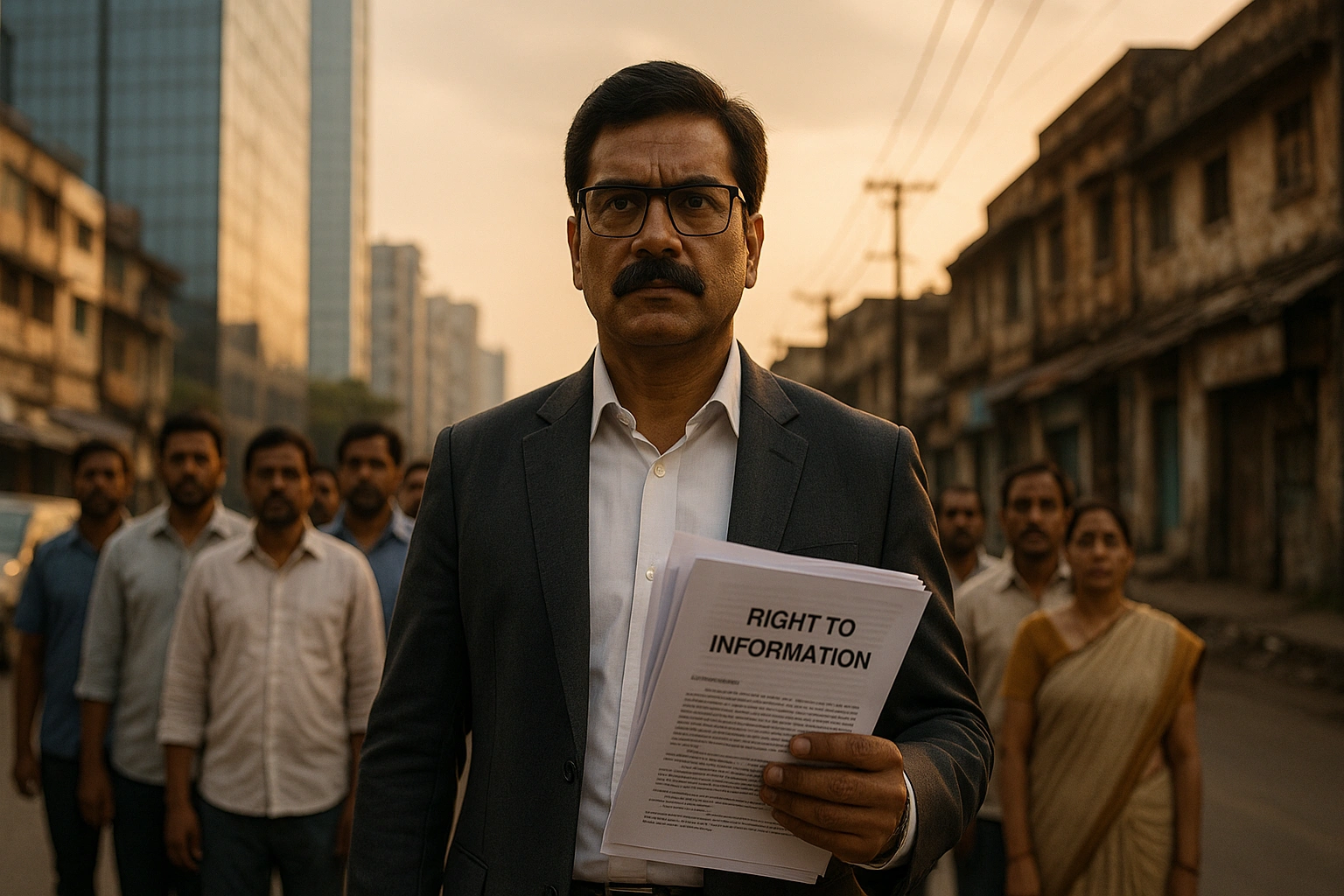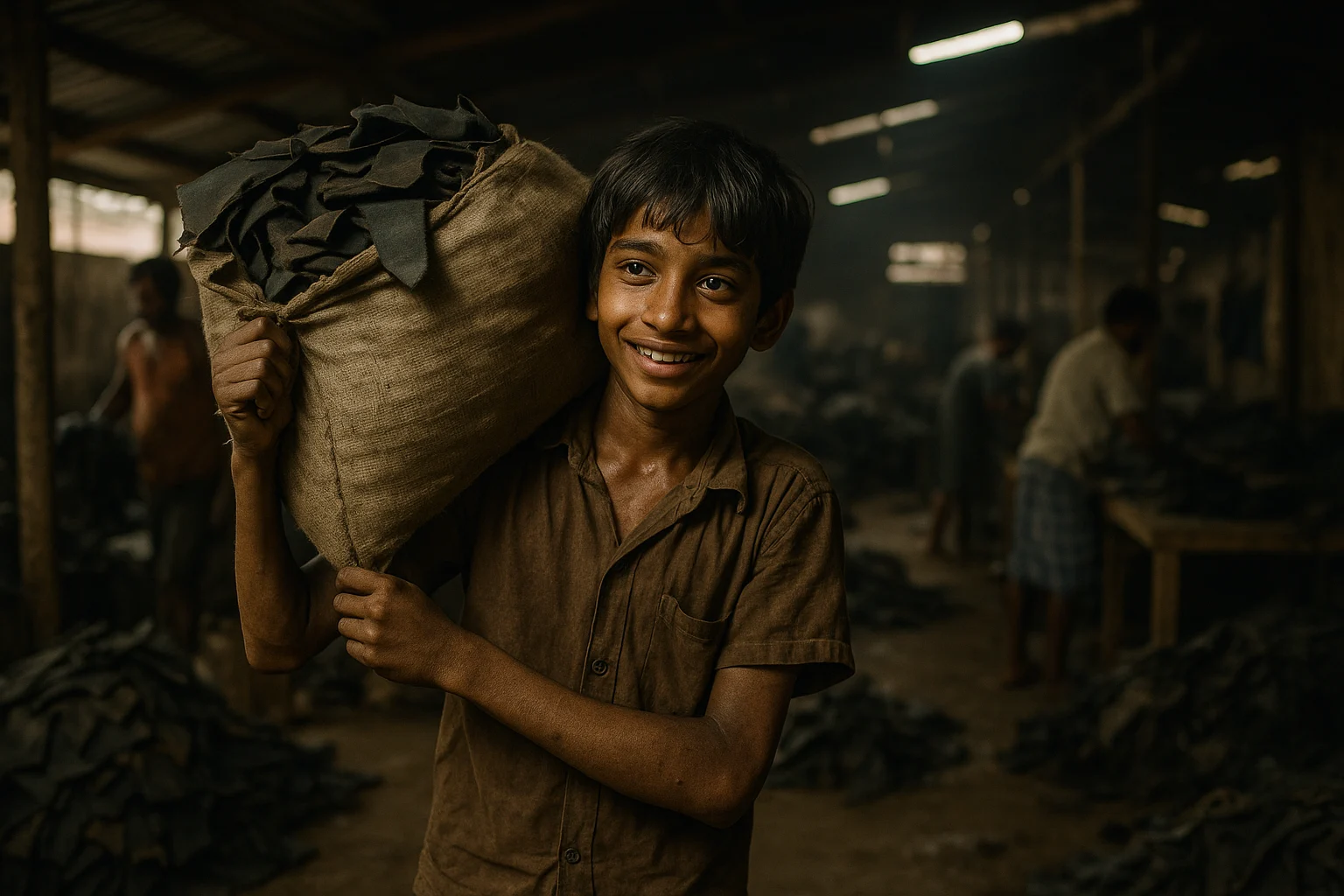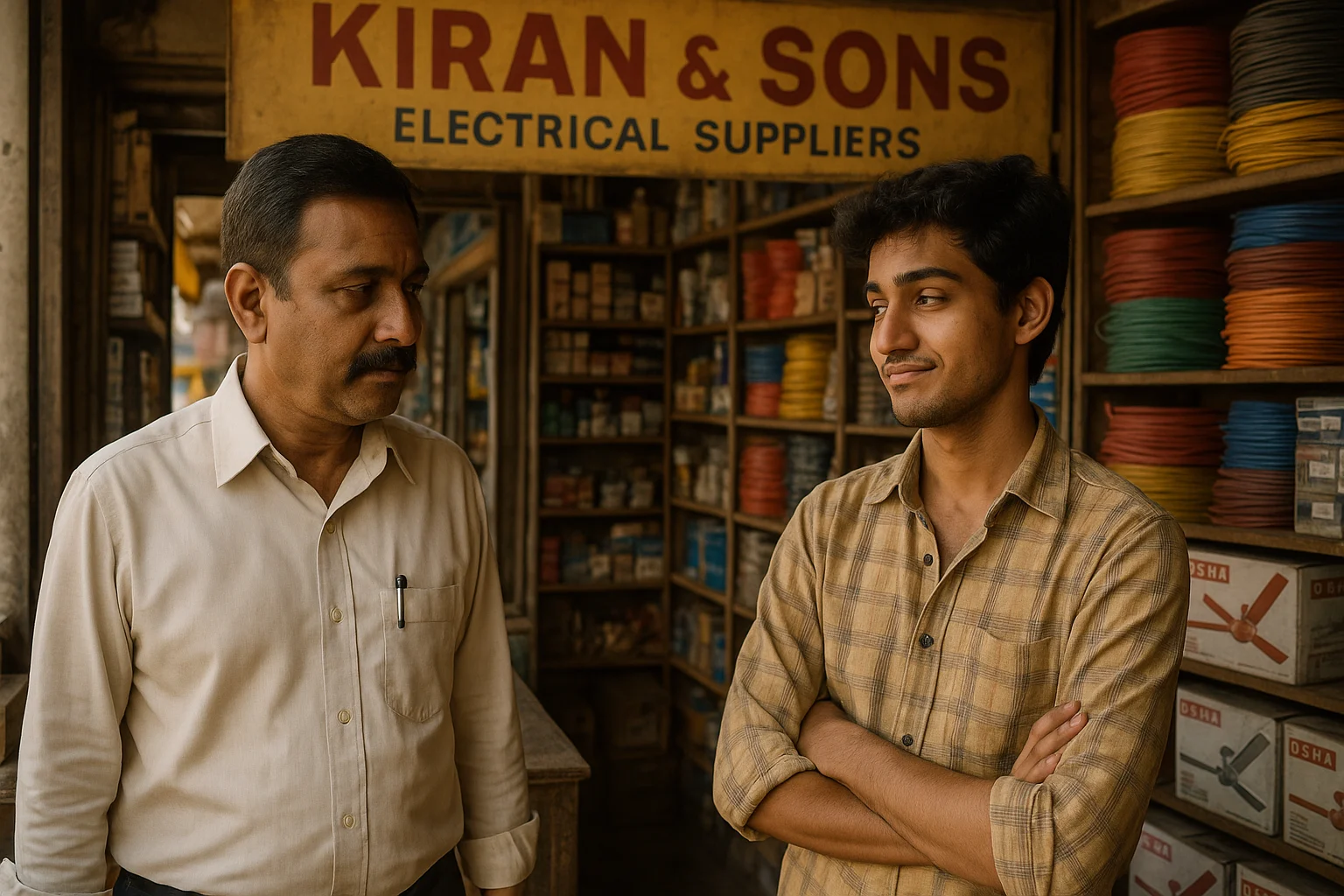In the dusty outskirts of a forgotten village in Uttar Pradesh, the year was 1970, and modern India was a dream seen only in textbooks, not in the cracked mirrors of rural homes.
Shambhunath, a thin, sunburnt man with the strength of a plough and the patience of a saint, led a life so tied to the soil that even his dreams had the scent of mud. He lived in a thatched hut with his wife Genda, his two sons Bhola and Munna, and a daughter, little Sona, who always wore a smile, no matter how empty her stomach.
The family didn’t own land. They worked for other farmers who were marginally better off but by no means rich. Payments were made in grains, not money—and even those grains were never enough.

Fields of Despair
It was wheat season. The landlord, Lallan Singh, had just harvested his fields. In the absence of thrashers, his bulls were made to trample the wheat spread across the open ground, separating the grains by sheer force.
But bulls don’t just walk. They munch. And what went in one end often came out—undigested and intact. Shambhunath knew what came next. As shameful as it felt, it was the only way to survive.
At dusk, when the bulls rested and the rich farmers snored with full bellies, the Shambhunaths crept back to the fields—not to steal, but to scavenge.
With a small bamboo basket, Genda sifted through bull dung, separating out the golden grains embedded in the mess. Her fingers moved fast but her eyes avoided meeting those of her children.
“We will wash it thrice,” she whispered, “and roast it before grinding. Germs will die.”
Bhola, ten years old, held his mother’s pallu and asked, “Ma, when I grow up, will I have to eat wheat from bull potty too?”
She choked. “Only if your fate sleeps like ours.”
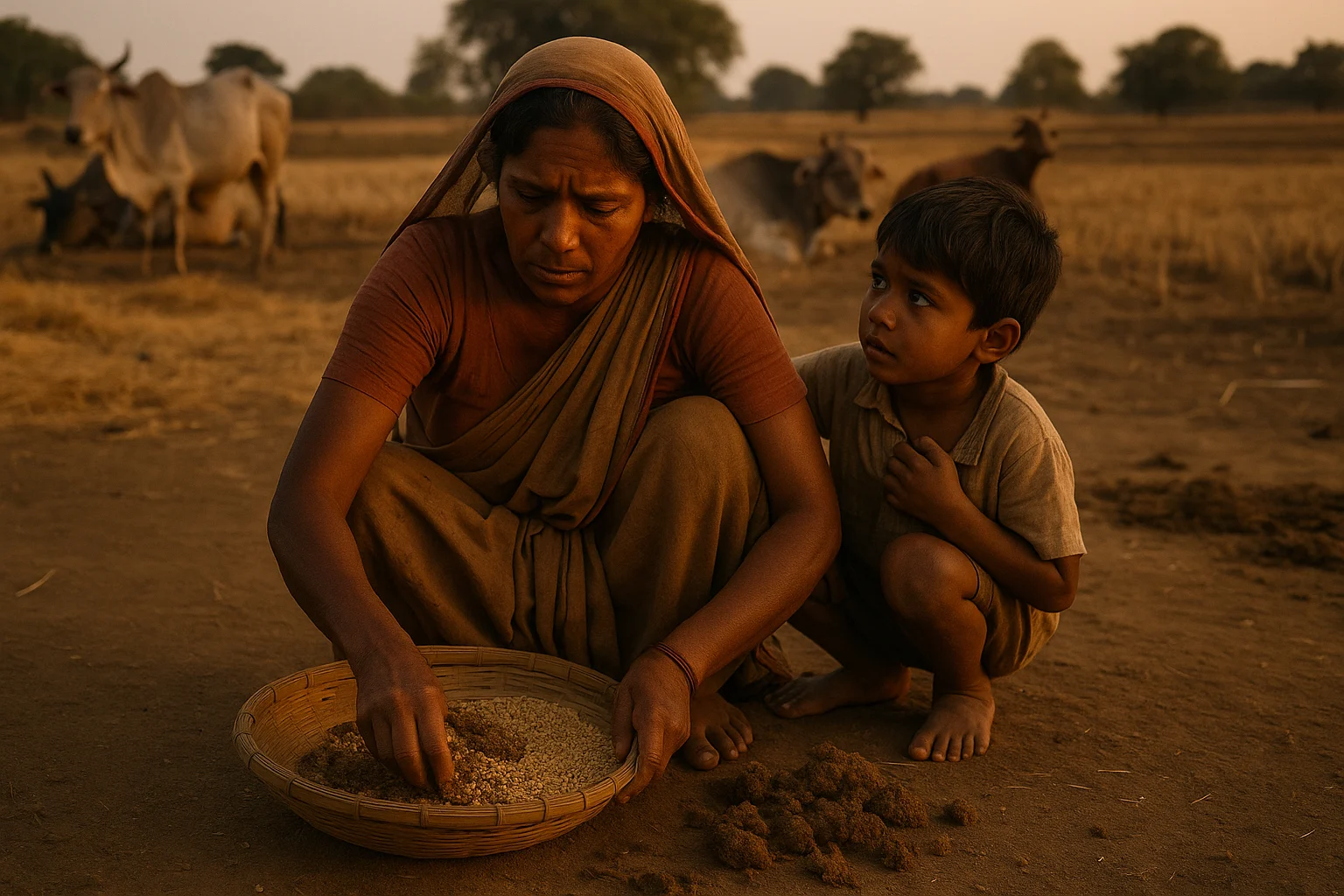
Unexpected Humour in Desperation
Despite the misery, the family found strange moments of laughter.
One night, Munna mistook a fresh cowpat for a grain-rich pile and stepped right in, skidding and falling flat. Everyone froze. Then Sona giggled. Munna sat up with poop on his forehead like a sadhu’s tilak and declared, “Now even God knows I’m poor.”
They all burst into laughter—gut-wrenching, tear-soaked laughter.
Even the pain paused.

The Mysterious Bag of Wheat
One afternoon, as the village sun scorched like fire, Genda found a full cloth bag half-buried near the canal. Suspicion struck first—was it stolen grain? But hunger won the battle.
They took it home quietly. That night they had wheat porridge, fluffy chapatis, and even roasted grain laddoos.
But peace never lasts in poor man’s tales.
The next morning, Lallan Singh stormed into their hut. “Thieves! My bag of wheat is gone. I’ll have the police here!”
Shambhunath folded his hands. “Sarkar, we found a bag near the canal. Didn’t know it was yours. We’ll return what’s left.”
Lallan’s eyes turned red. “Return? You ate my wheat and now you want mercy?”
Just then, Bhola, trembling, stepped forward. “I have fever, sir. But if you want, I’ll walk to the police thana myself.”
Lallan stared at the boy—half-naked, sickly, barefoot. A silence hung heavy. Finally, he turned away. “Next time, you die poor.”

A Stranger’s Kindness
Months passed. The struggle continued. One day, a city man came to the village in a dusty jeep. He was an NGO worker named Mr. Shashi, distributing samples of chemical fertilizers and holding sessions on modern farming.
Shambhunath, curious, attended the session under the mango tree. After the crowd dispersed, Mr. Shashi pulled him aside.
“You didn’t ask anything. Why?”
“We don’t own land, sahib. Can’t farm. Only feed ourselves off bulls’ mercy.”
Mr. Shashi stared at him in disbelief. When Shambhunath told him the story of the wheat grains from dung, his eyes welled up. “The country should know how people like you survive.”
A week later, Shambhunath’s photo appeared in a regional magazine with the title “Wheat from Dung: The Real India”.
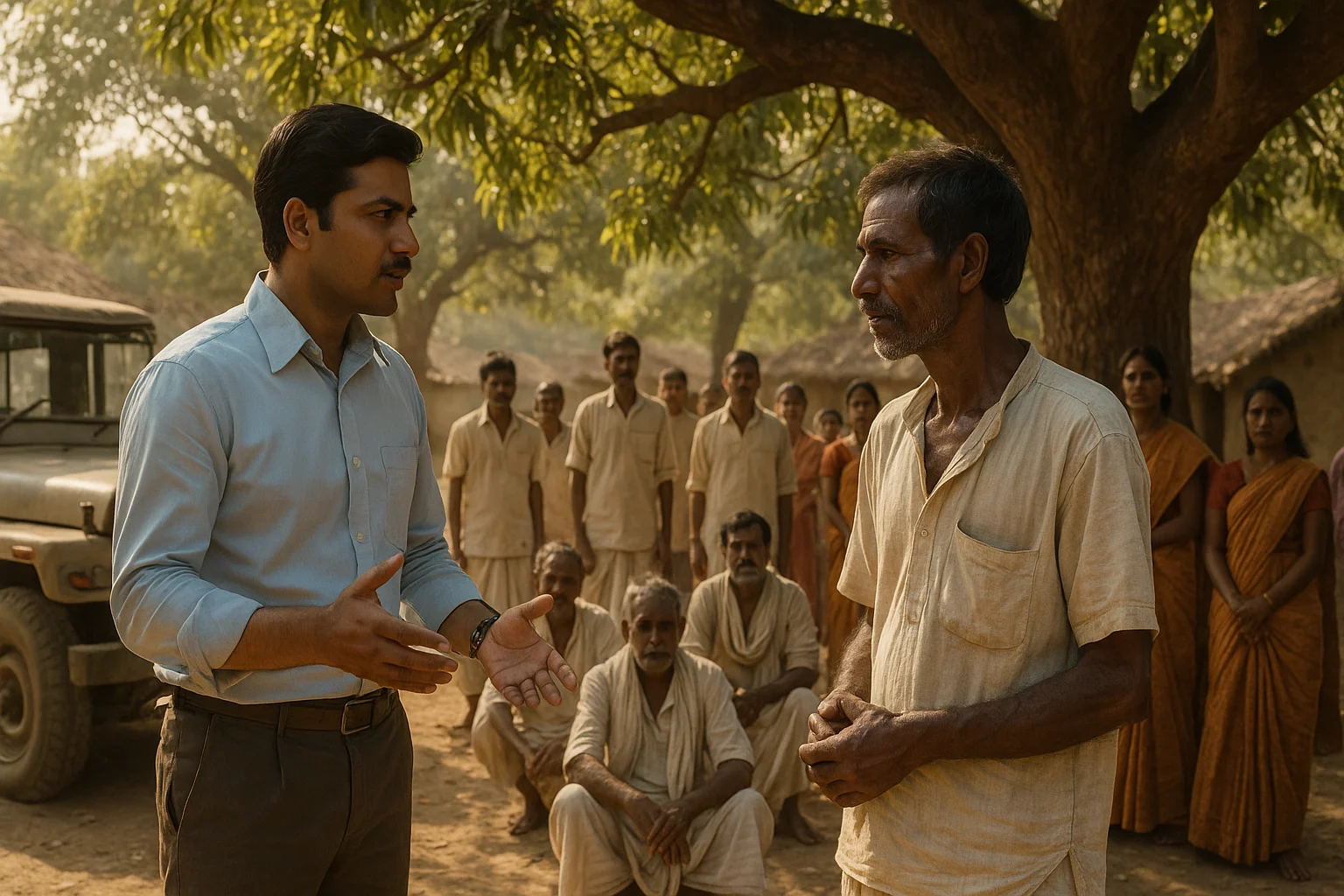
Fame with a Grain of Salt
While villagers mocked the article at tea stalls, someone important read it—an MP from Lucknow.
Soon after, an official jeep came again. The officer declared that the family would be given a small plot of land under a government scheme for destitute families. It was just half an acre—but it was theirs.
The Shambhunaths cried. Not from sadness. But from the shock that finally, someone had seen them.

A New Beginning
With help from Mr. Shashi, they used compost, tried new seeds, and grew wheat that didn’t need to pass through bulls first. It wasn’t a miracle, but it was honest food.
Sona was sent to the government school. Bhola and Munna worked in the fields but also learned letters by writing in the dirt.
Years later, Bhola would write an essay titled “How Bull Dung Saved My Family” and win the district-level writing competition.
The judge? None other than Mr. Shashi.
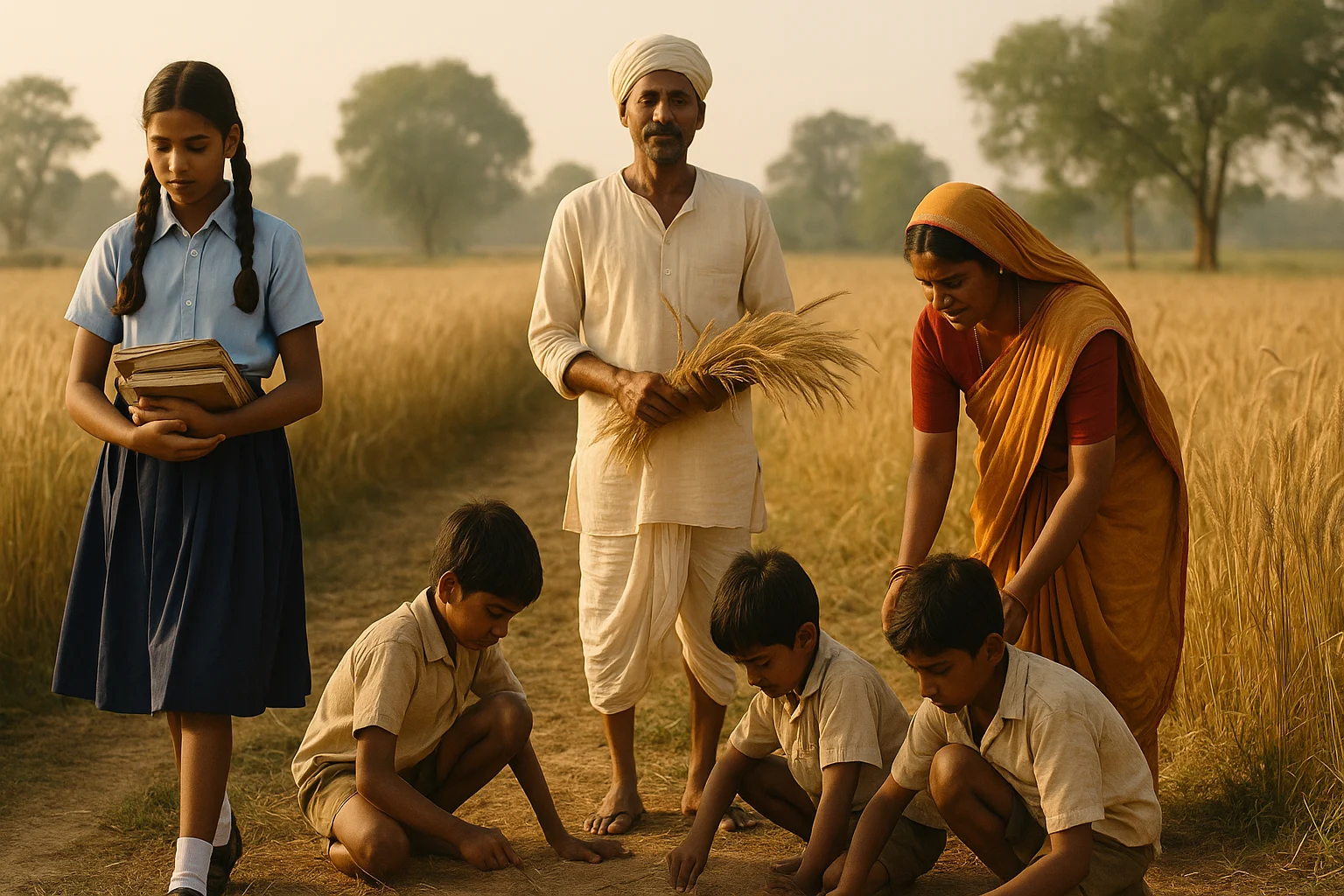
Moral of the Story:
True hunger doesn’t wait for dignity, and survival demands more than pride—it demands resilience, adaptability, and hope in the face of humiliation.
Receive Stories and Articles in your Inbox!
We won’t send any promotional or spam emails.
